|
New
Releases |
January 16, 2026
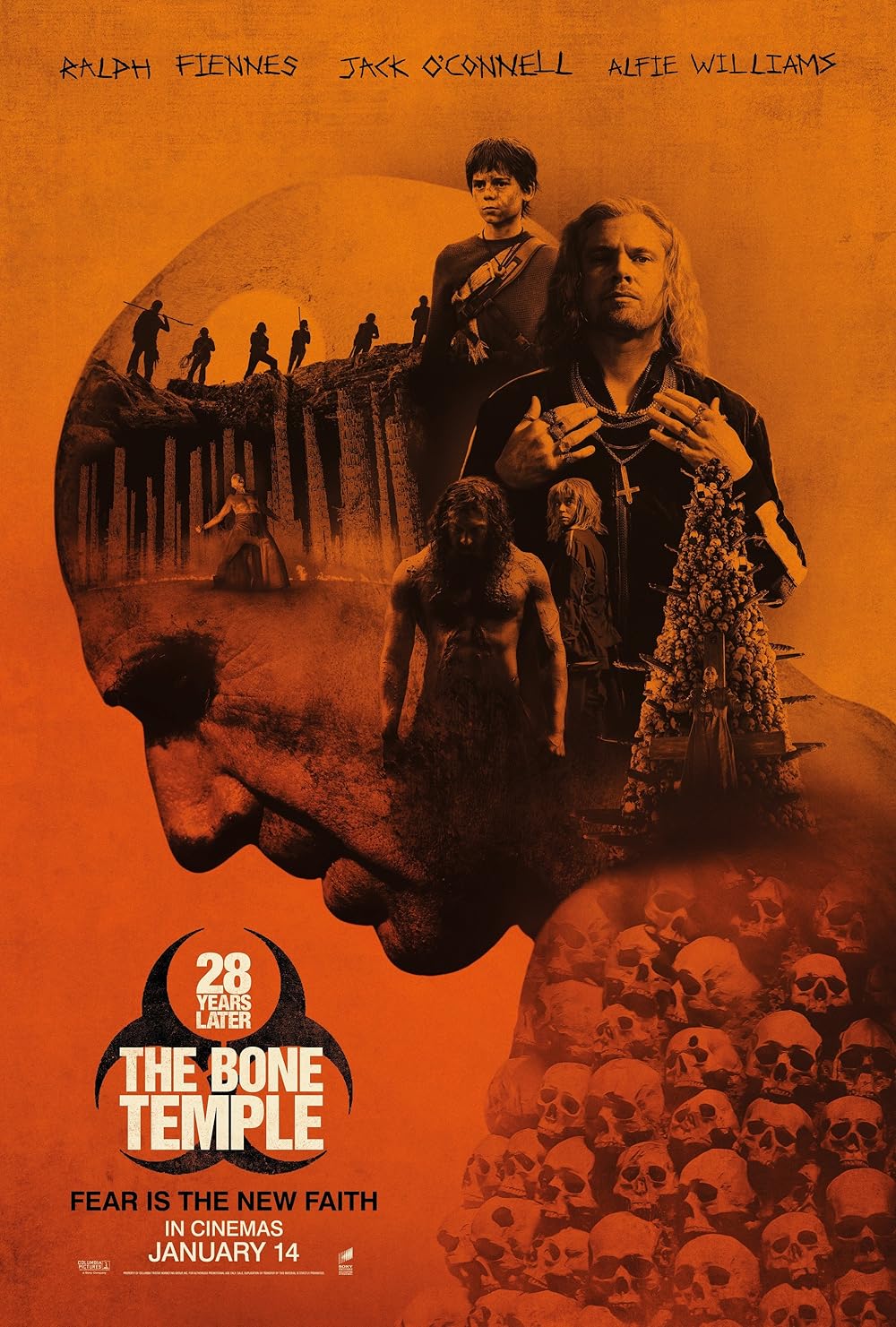
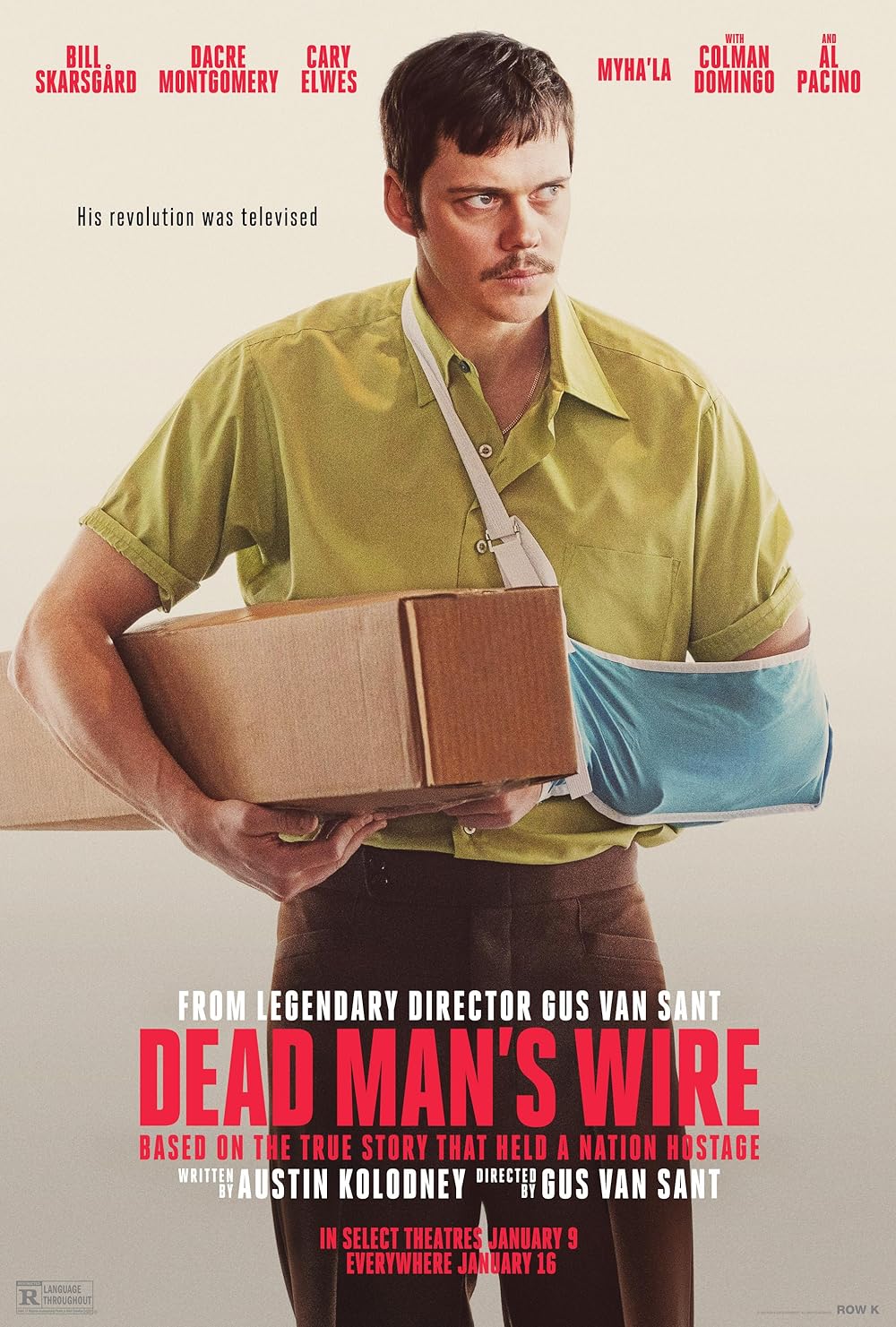

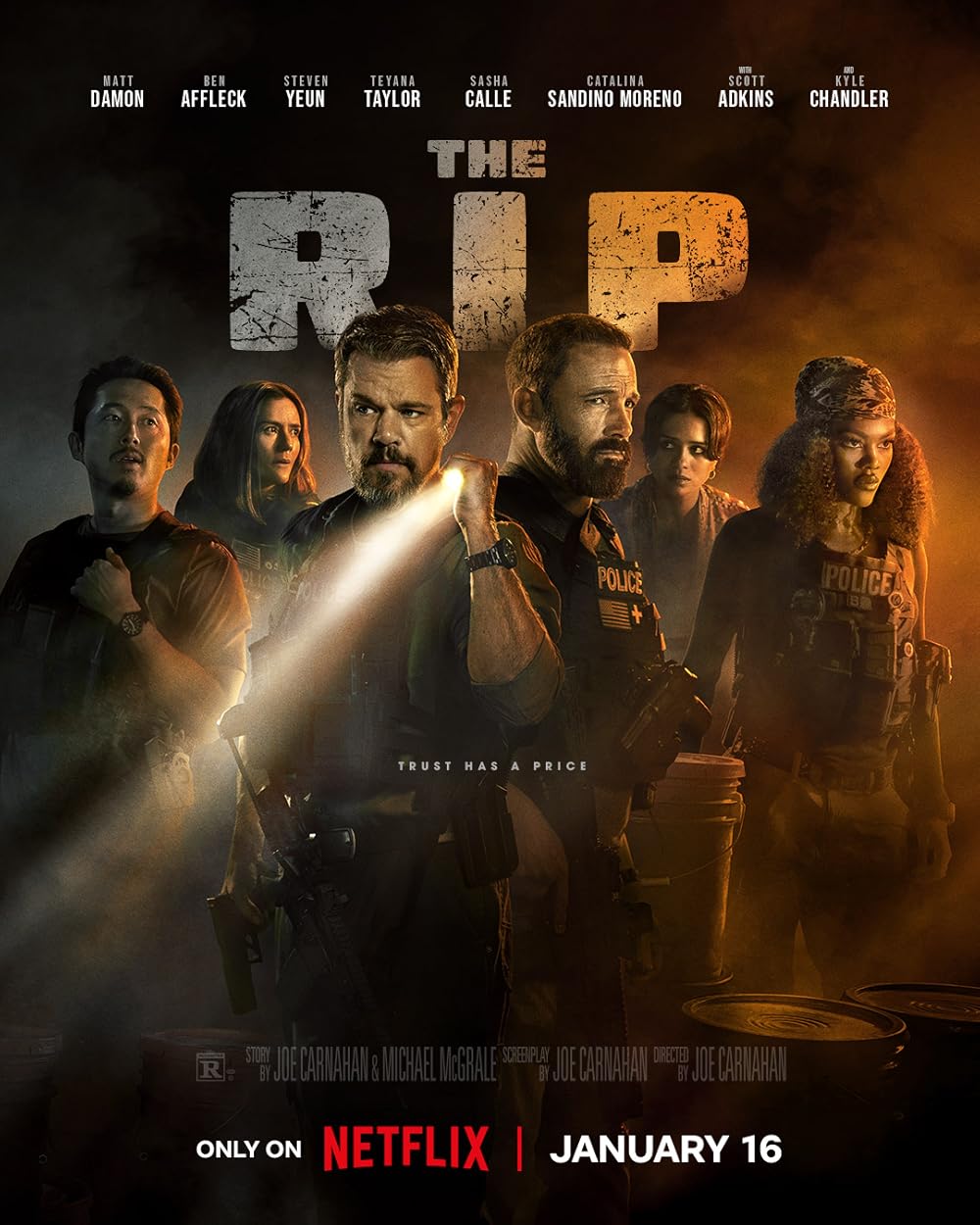 |
January 9, 2026
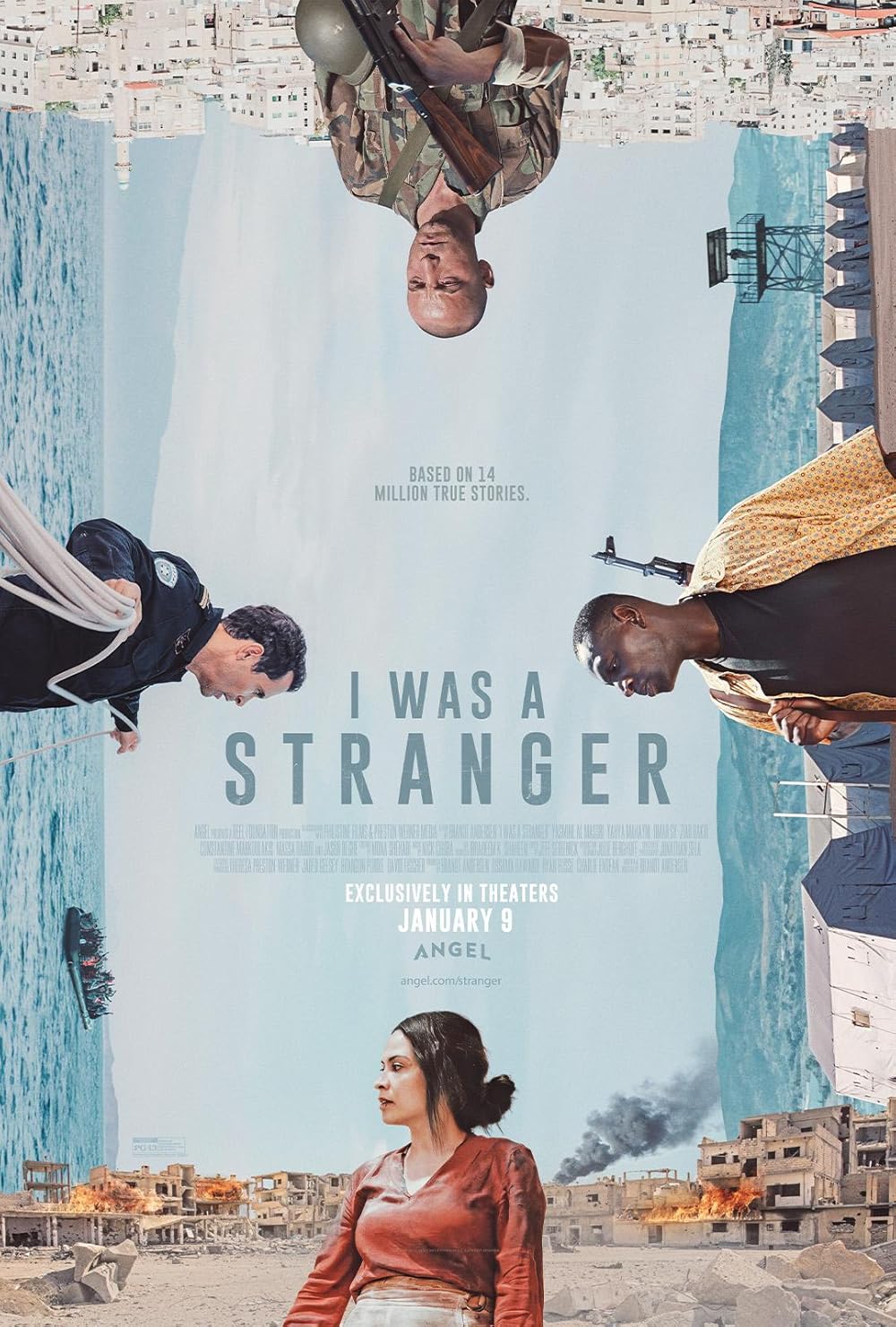
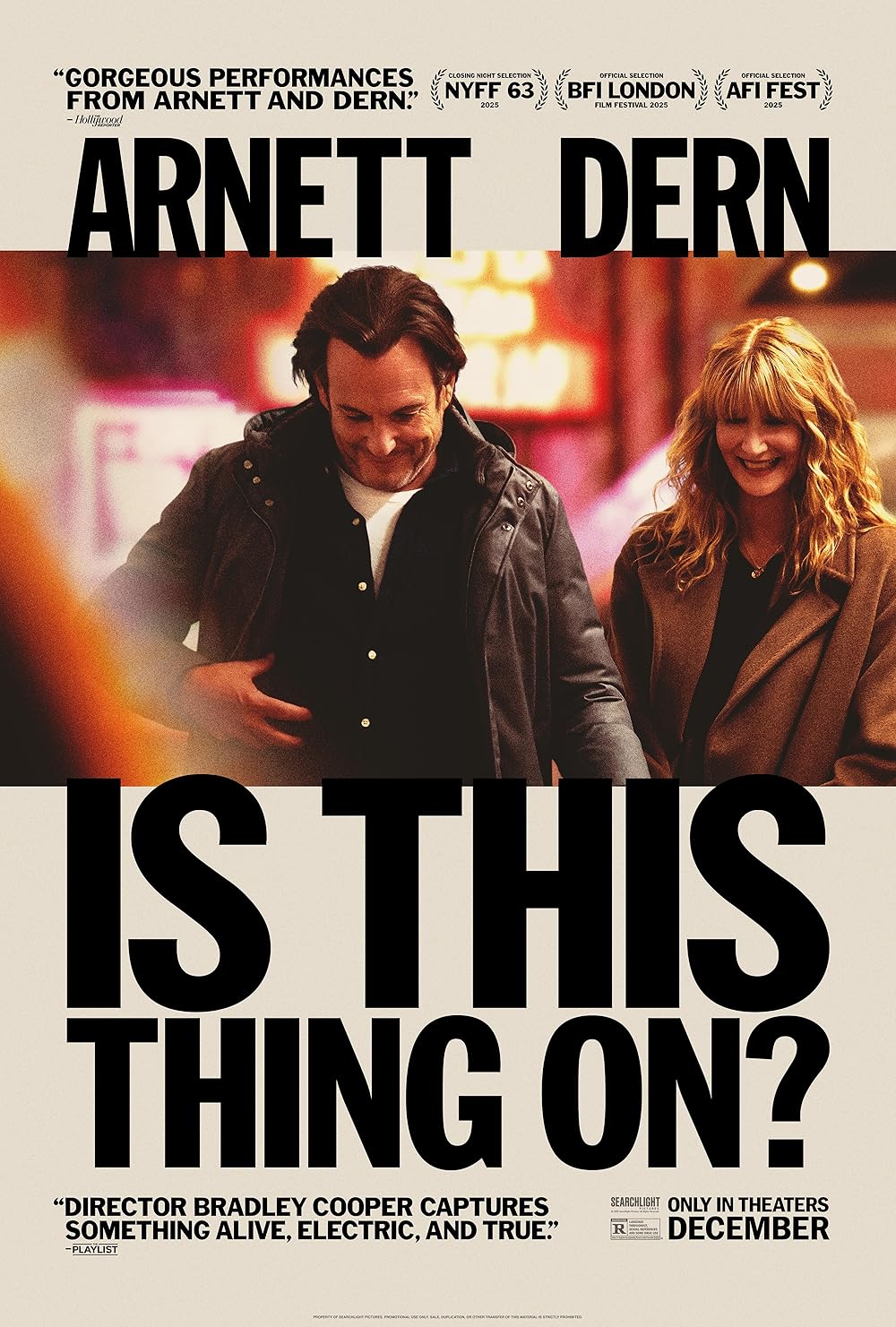 |
January 2, 2026
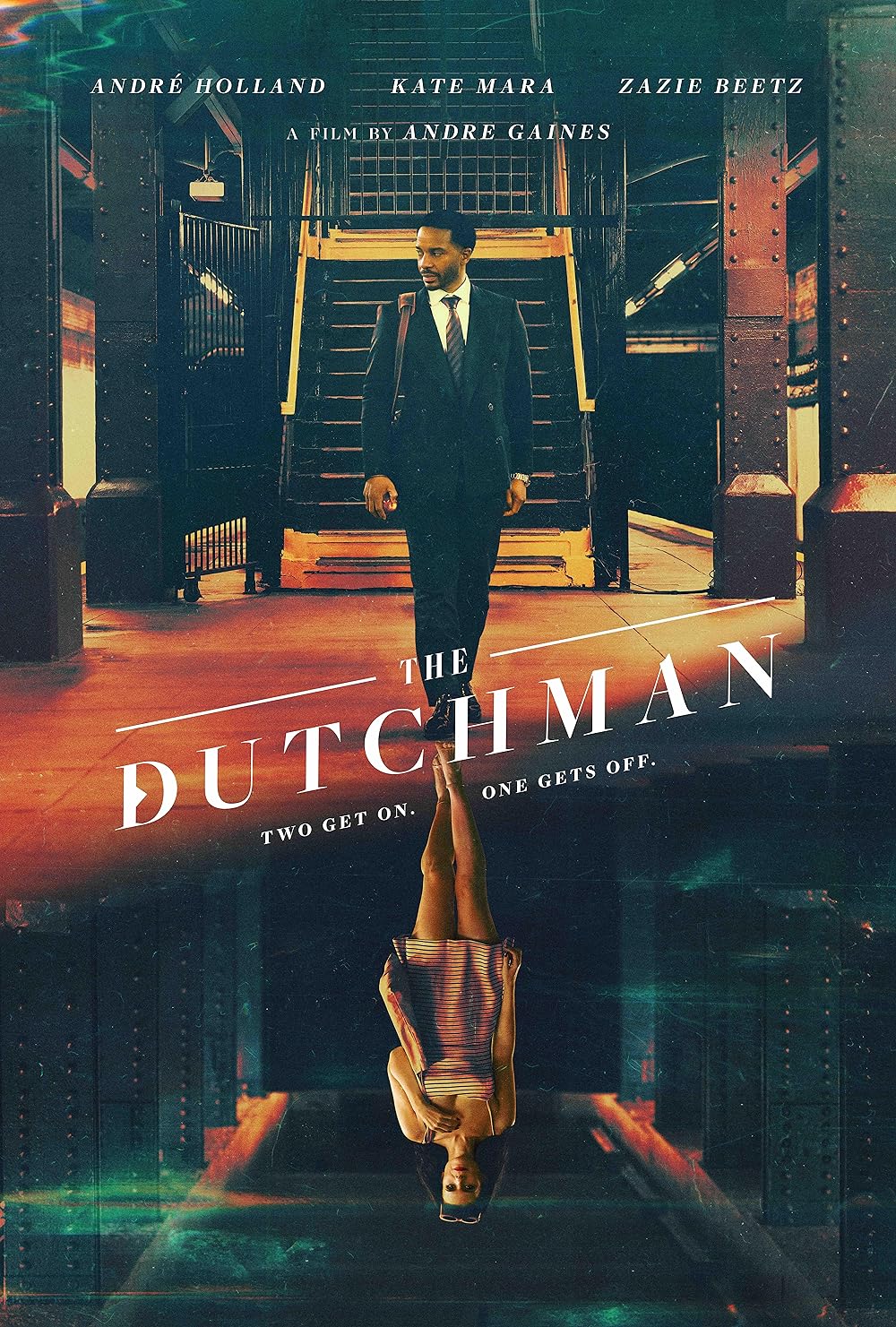
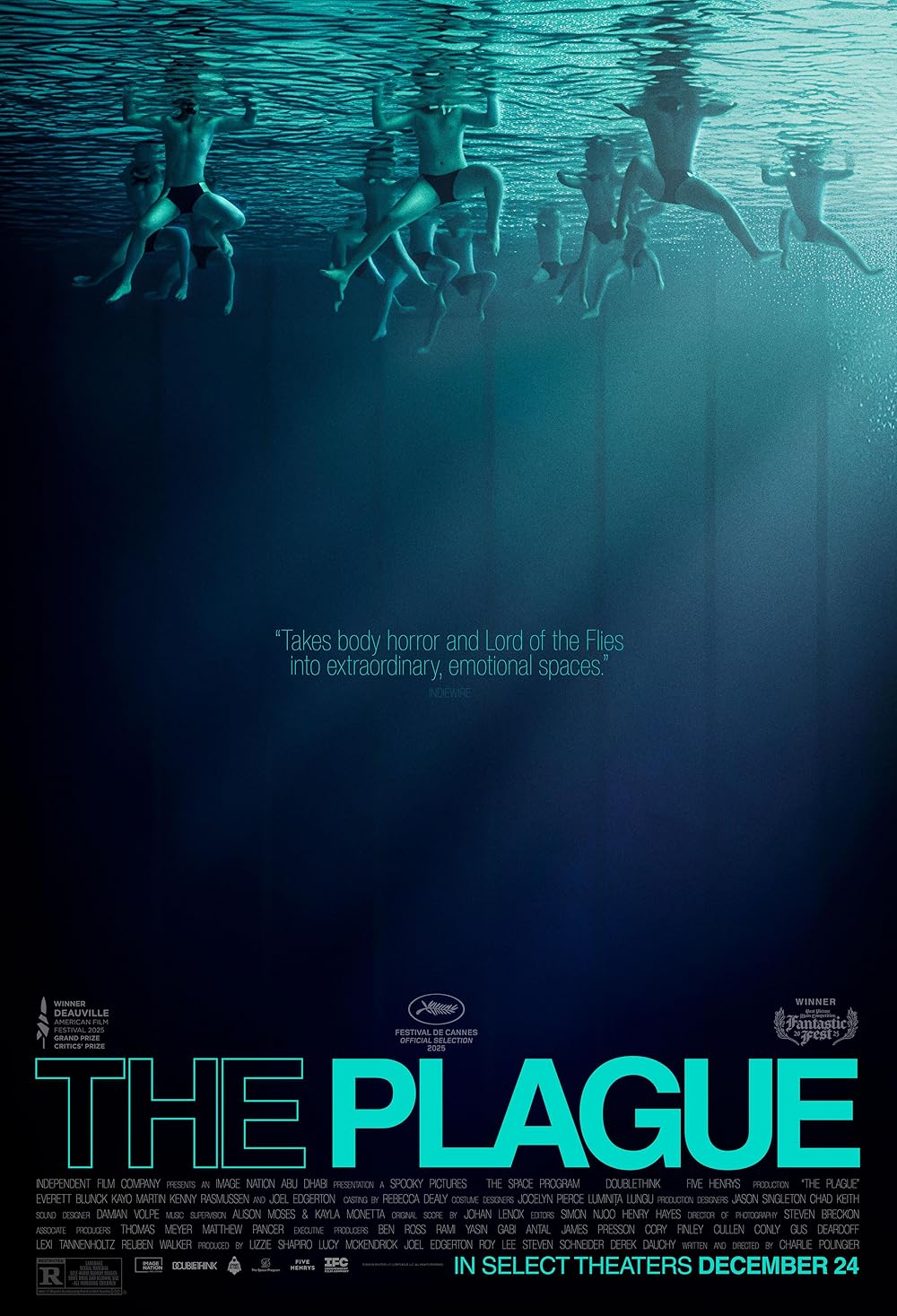
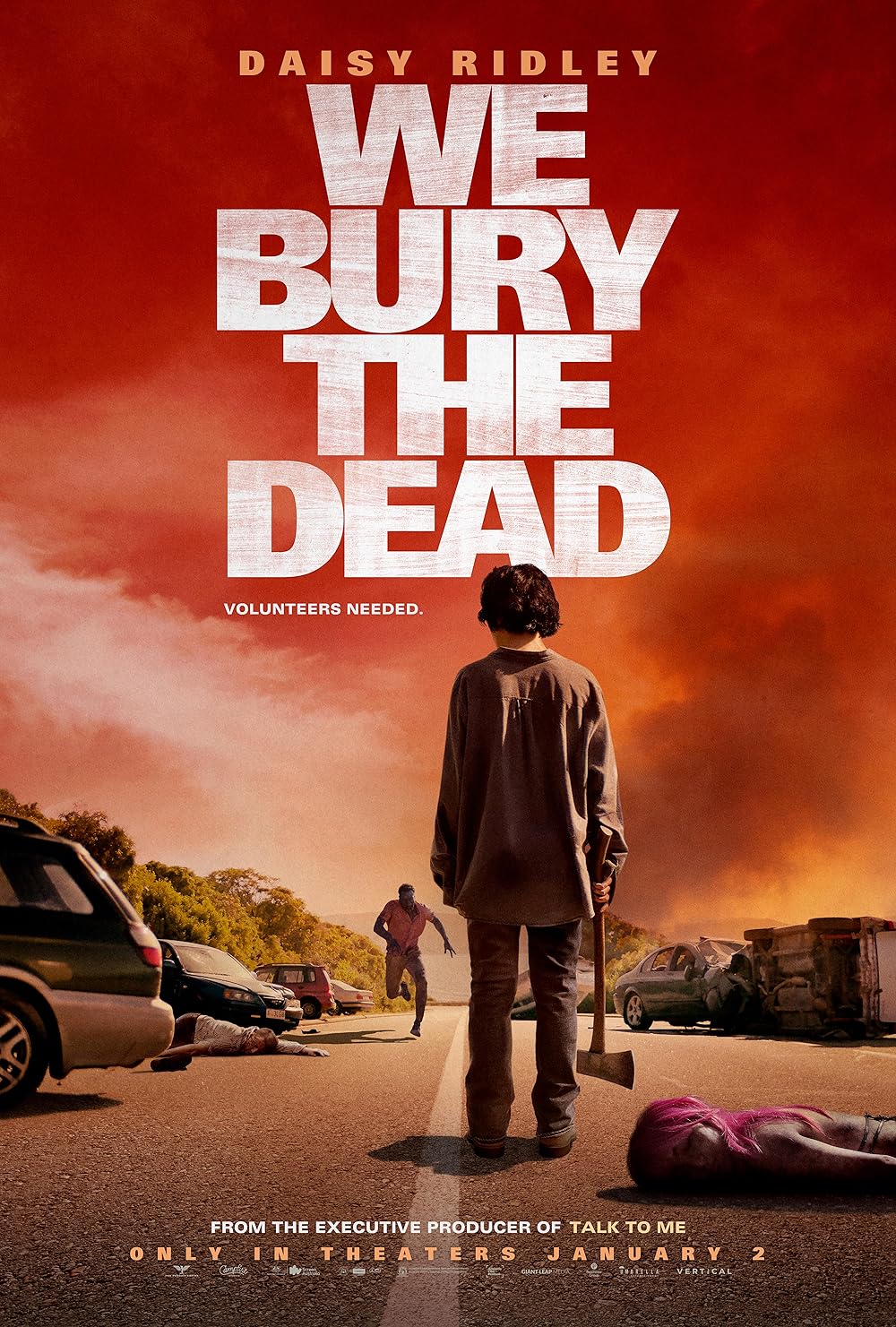 |
December 26, 2025
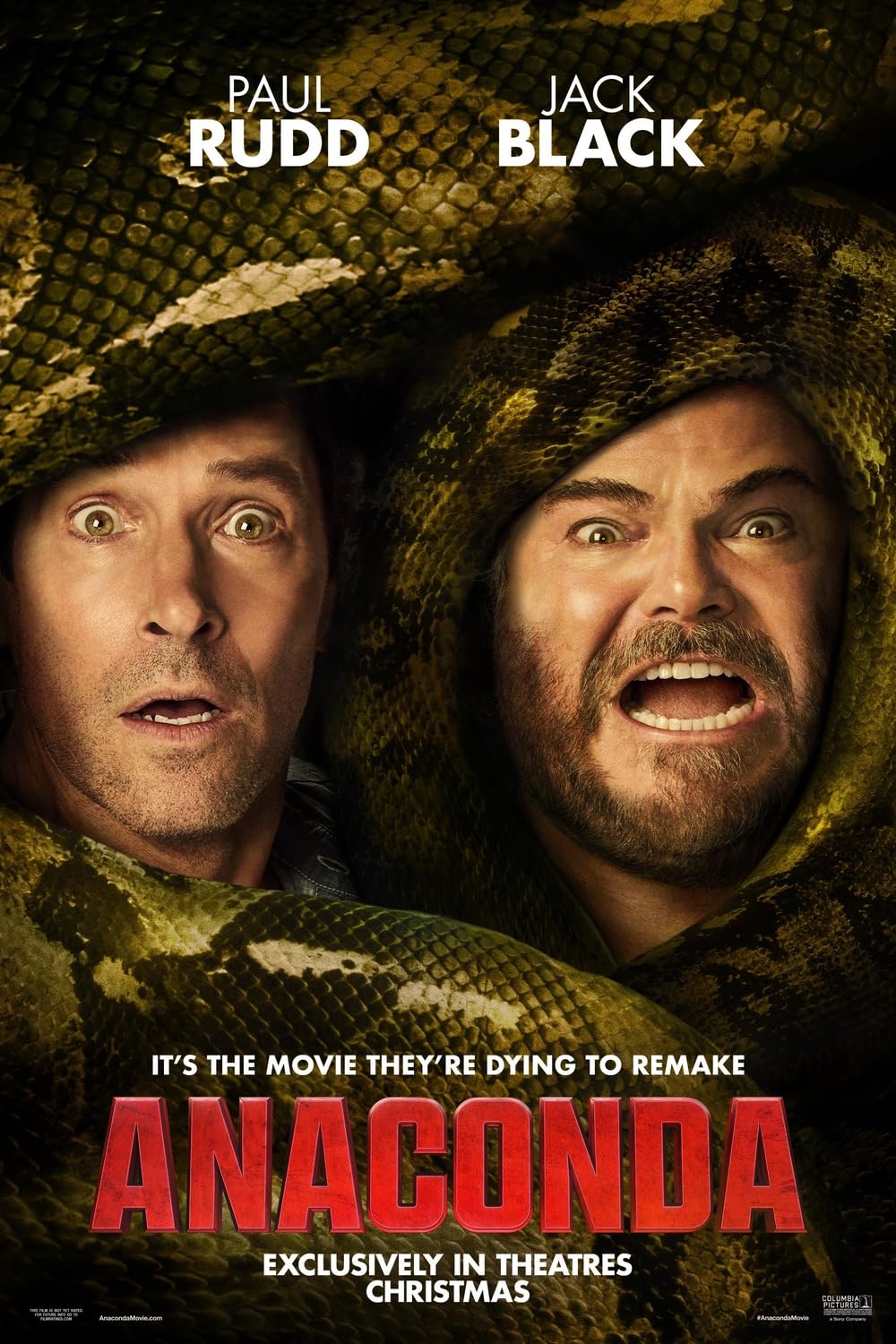
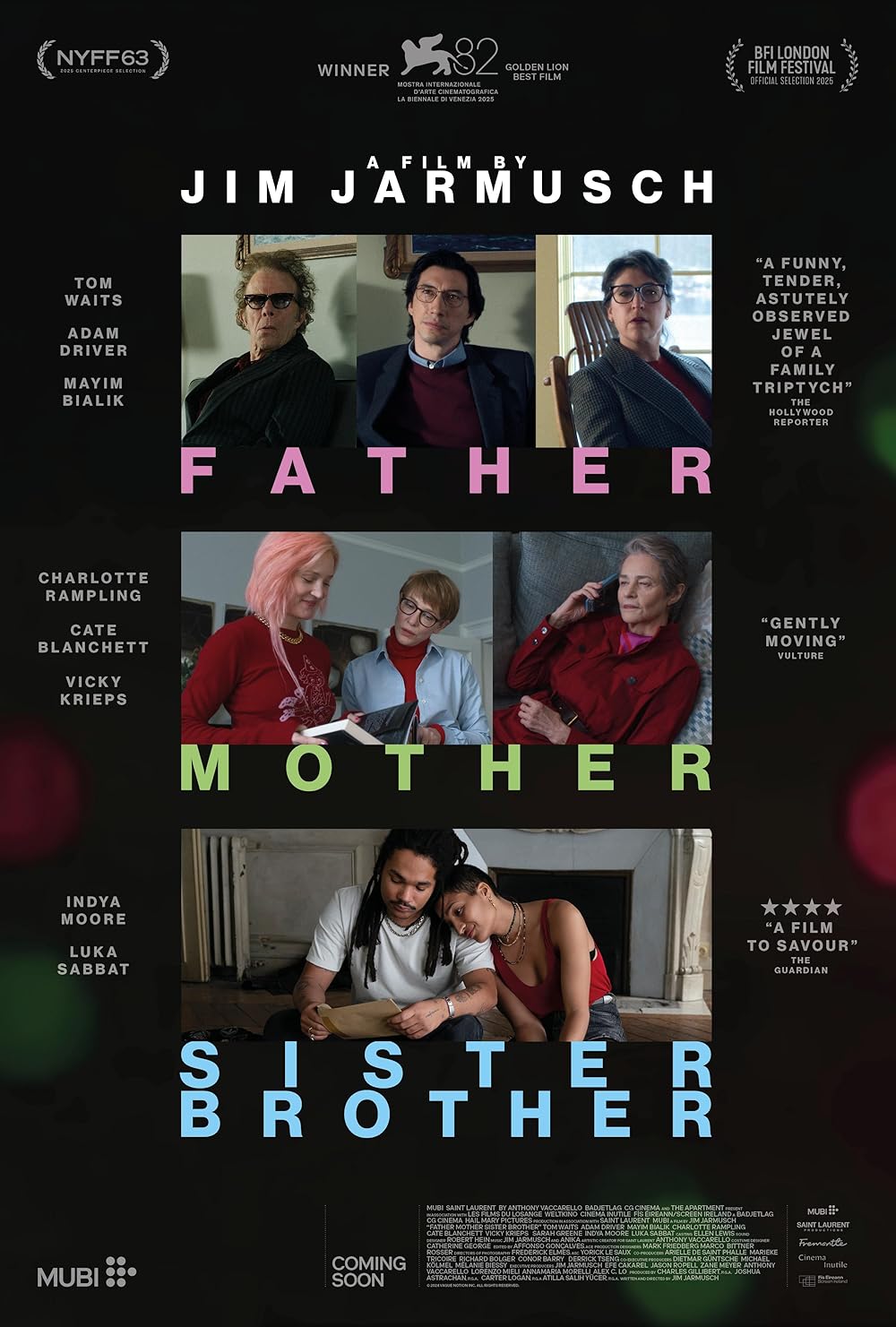
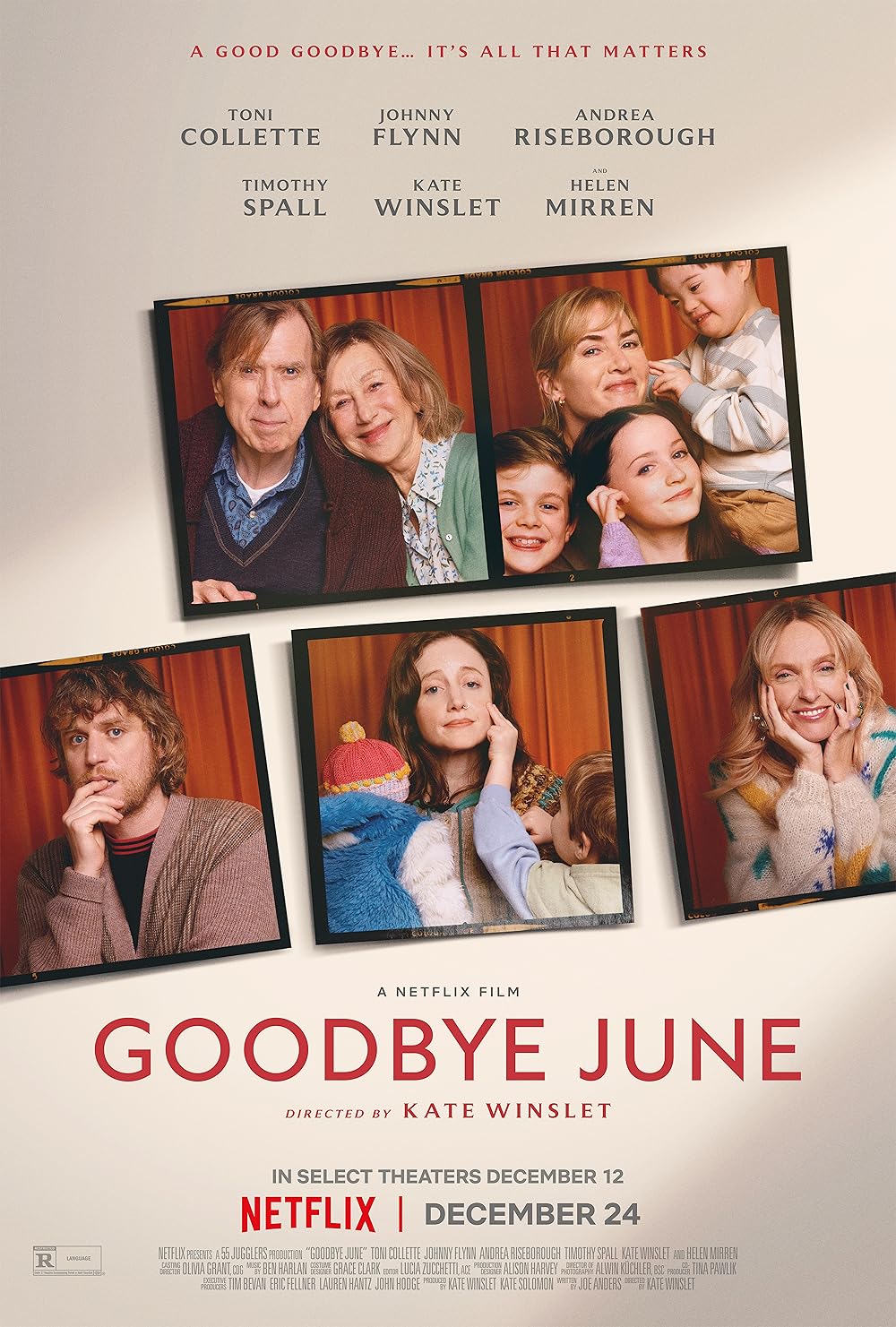


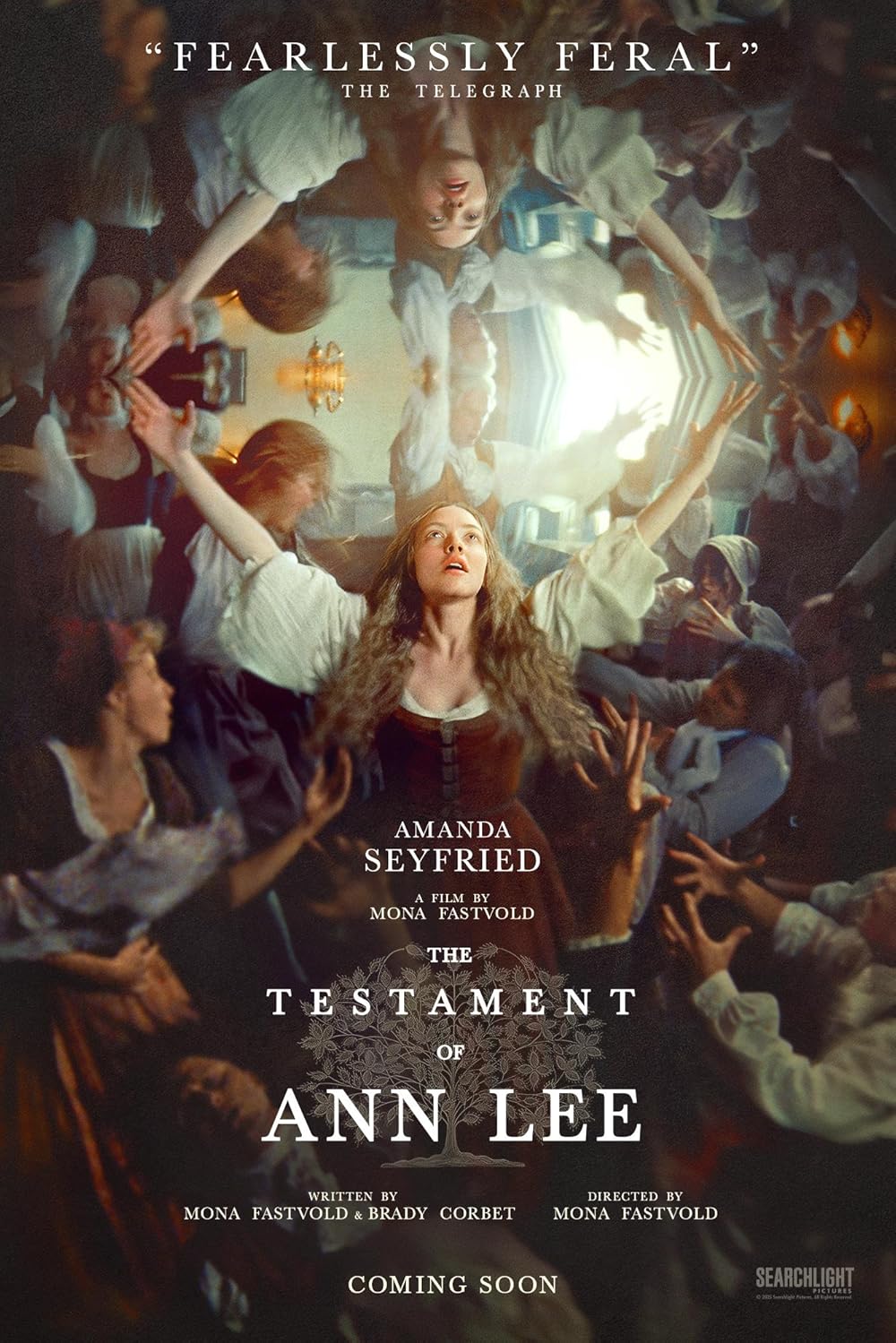 |
December 19, 2025

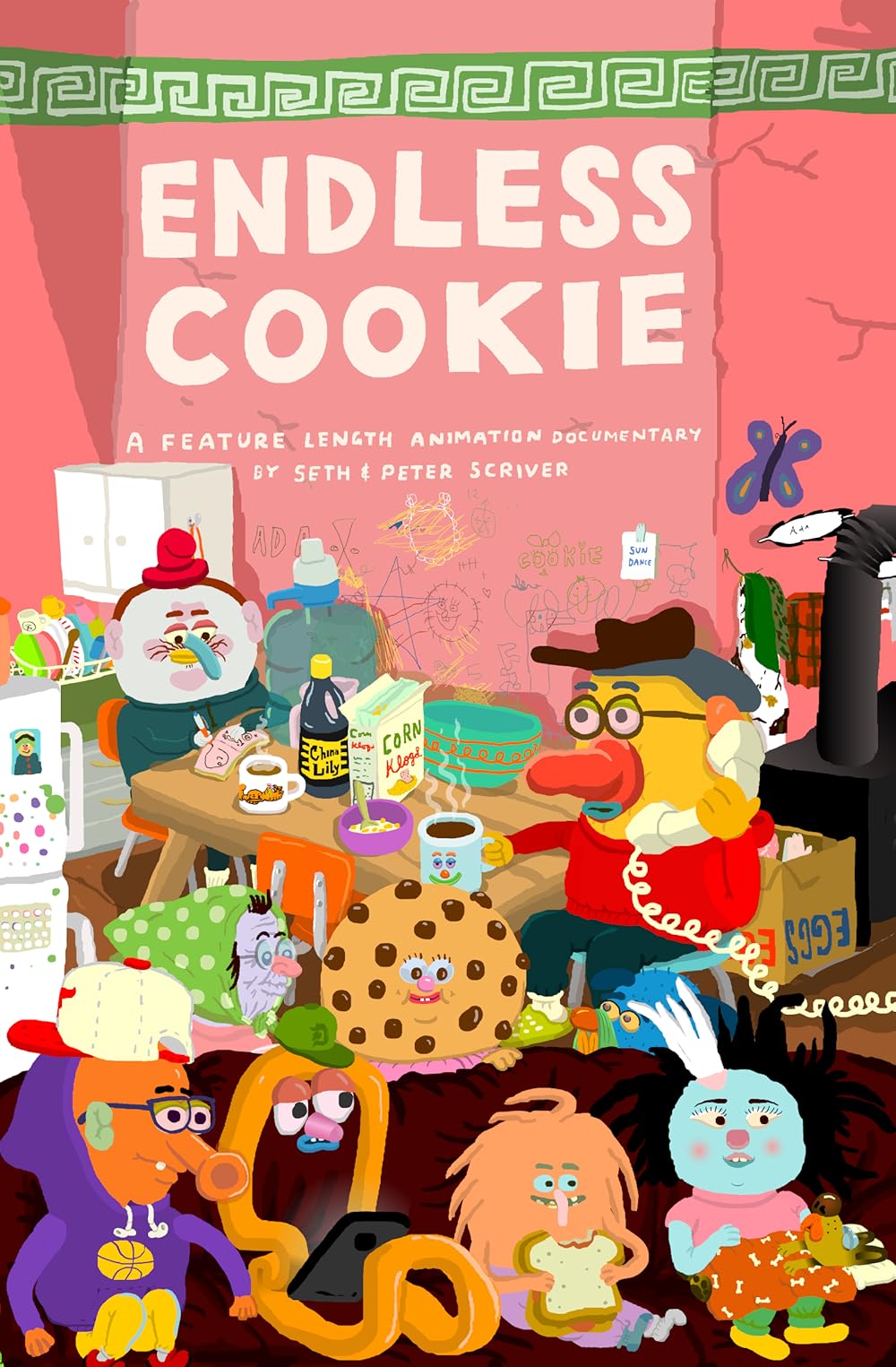
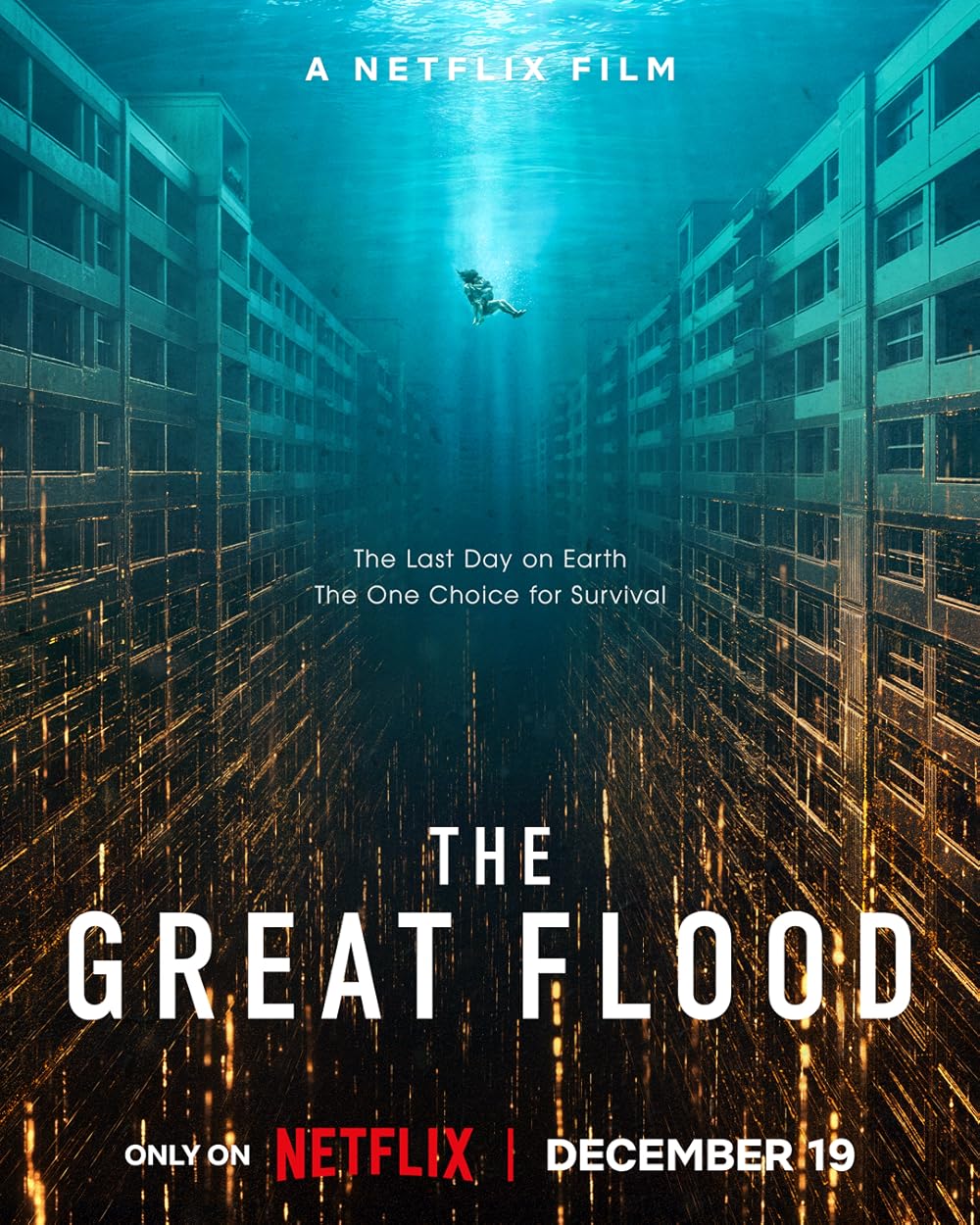 |
December 12, 2025
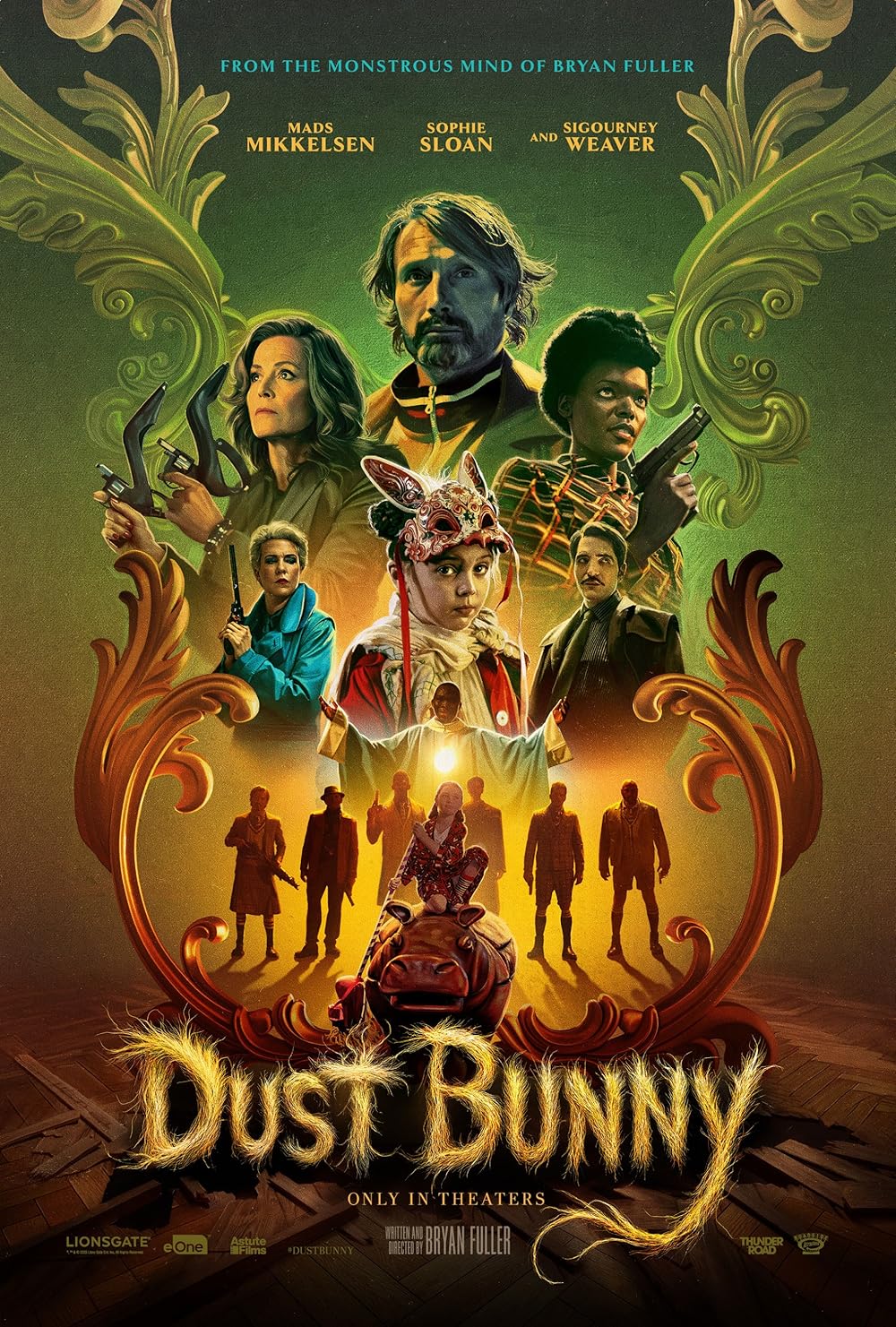

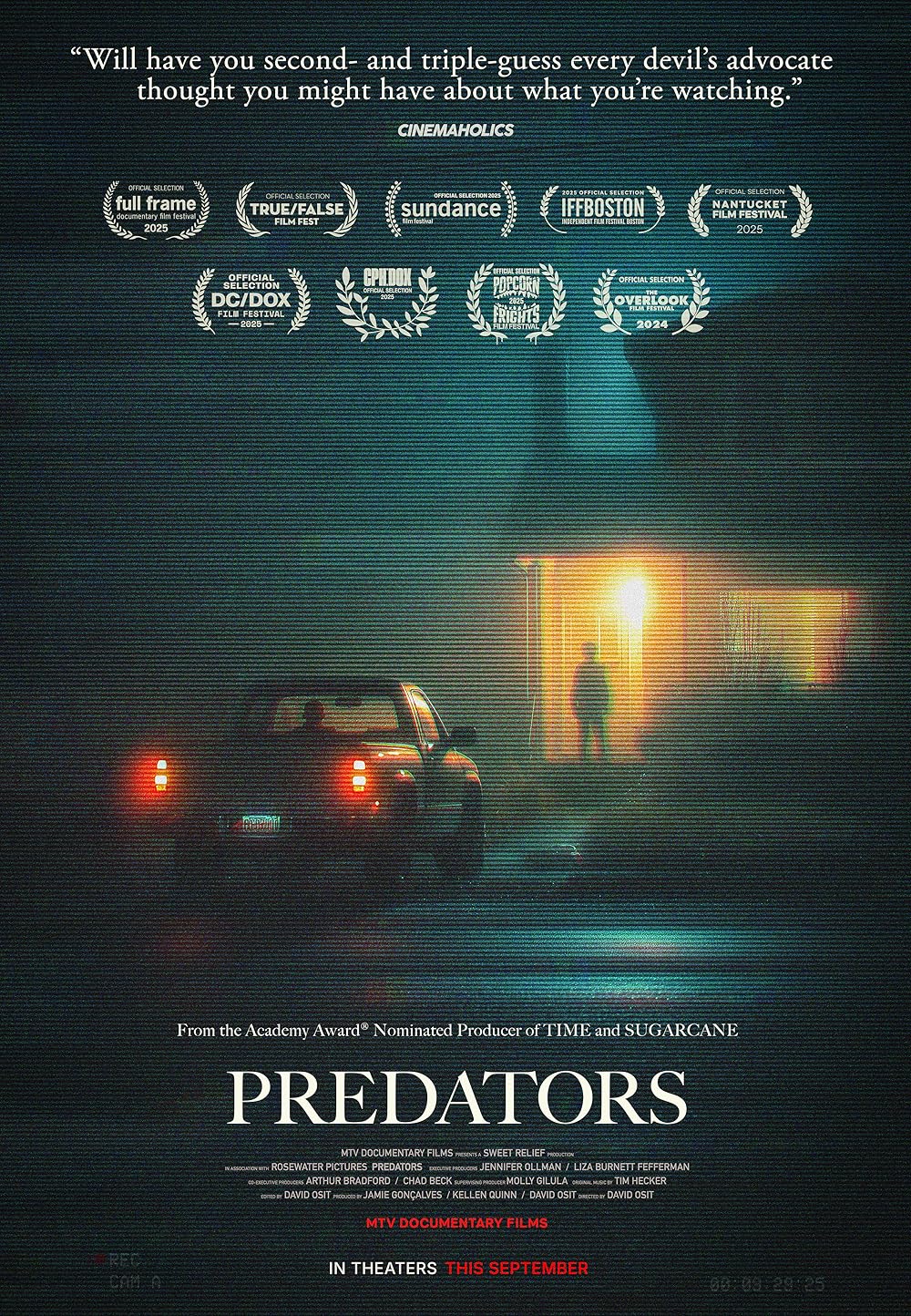
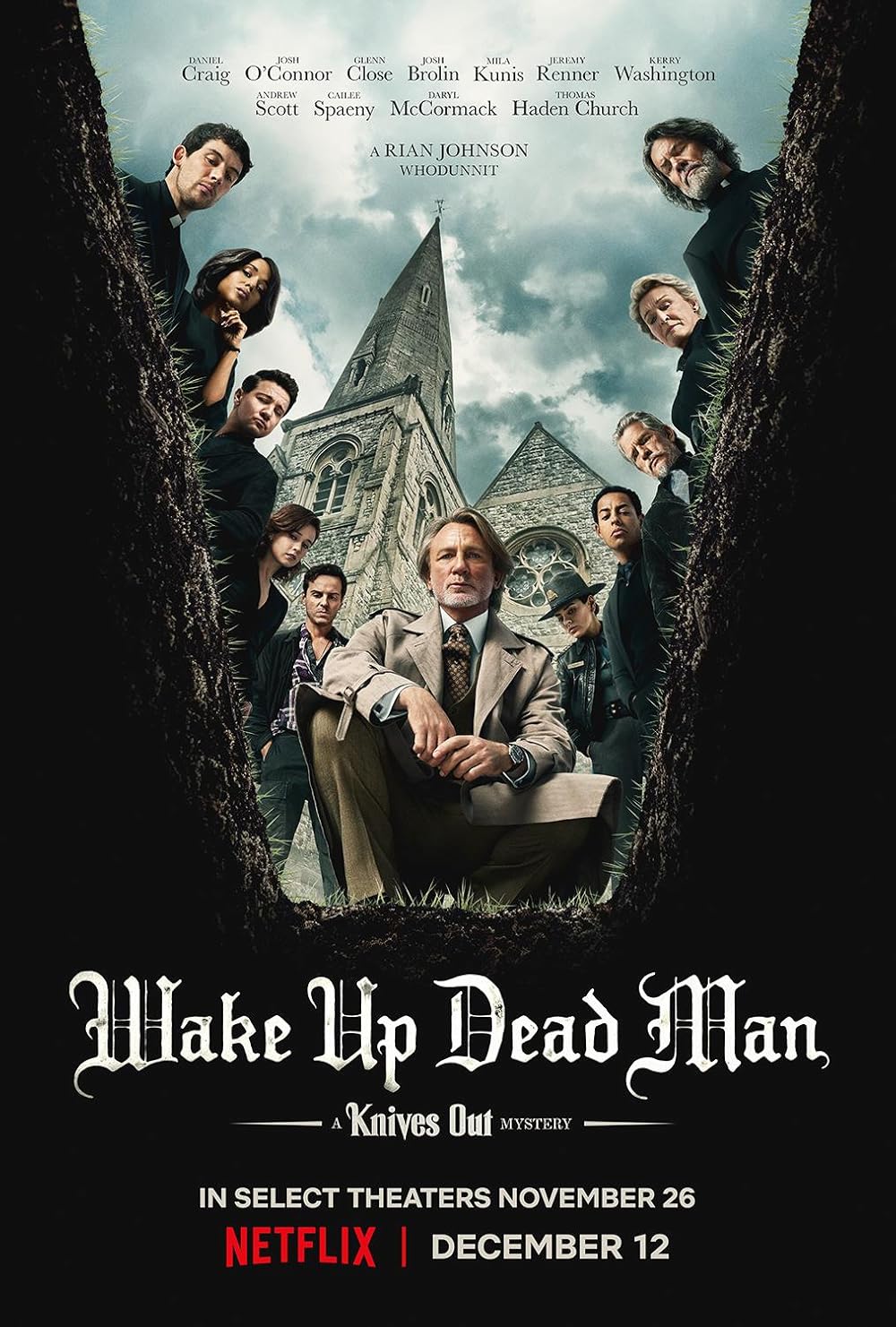 |
December 5, 2025
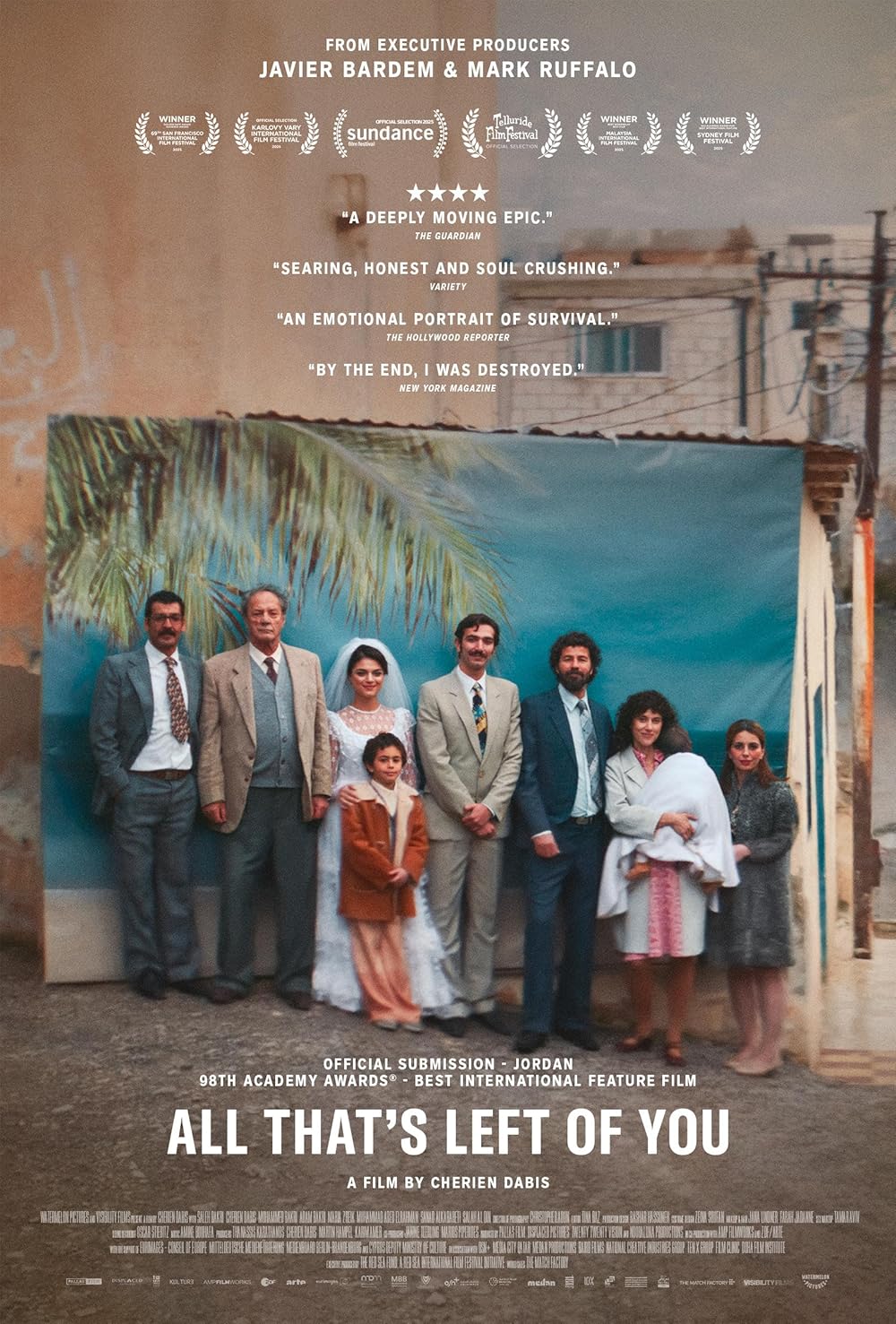

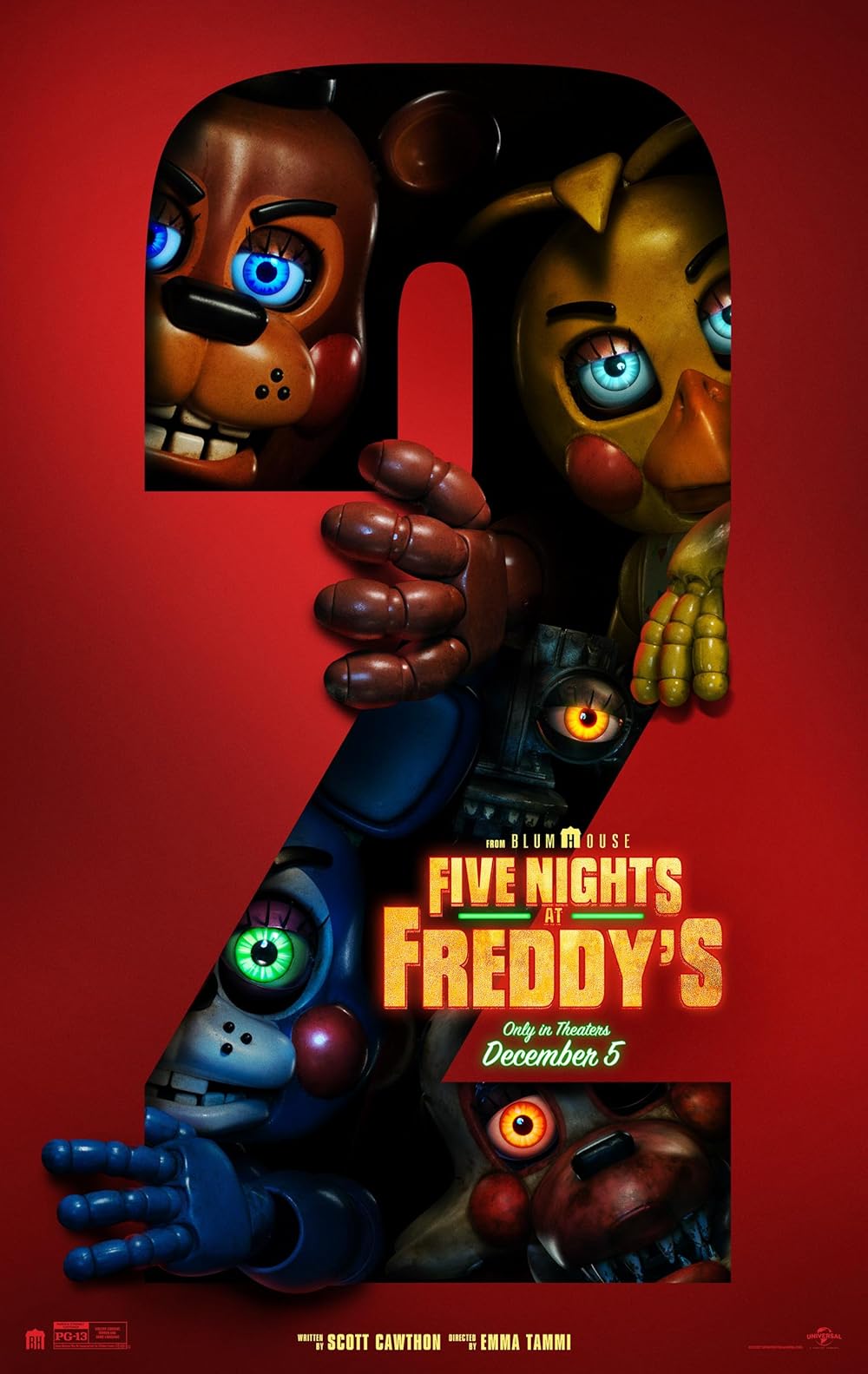
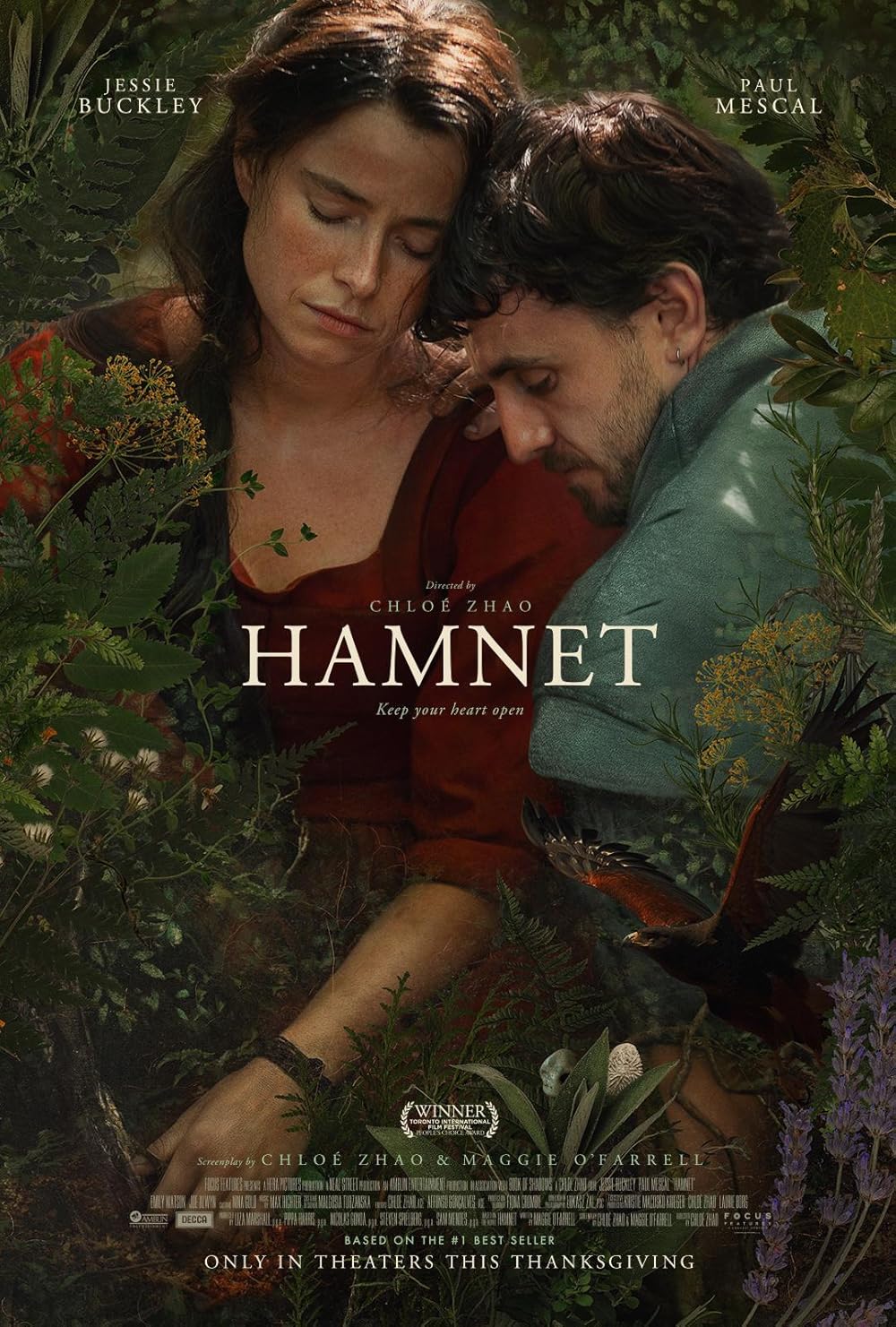


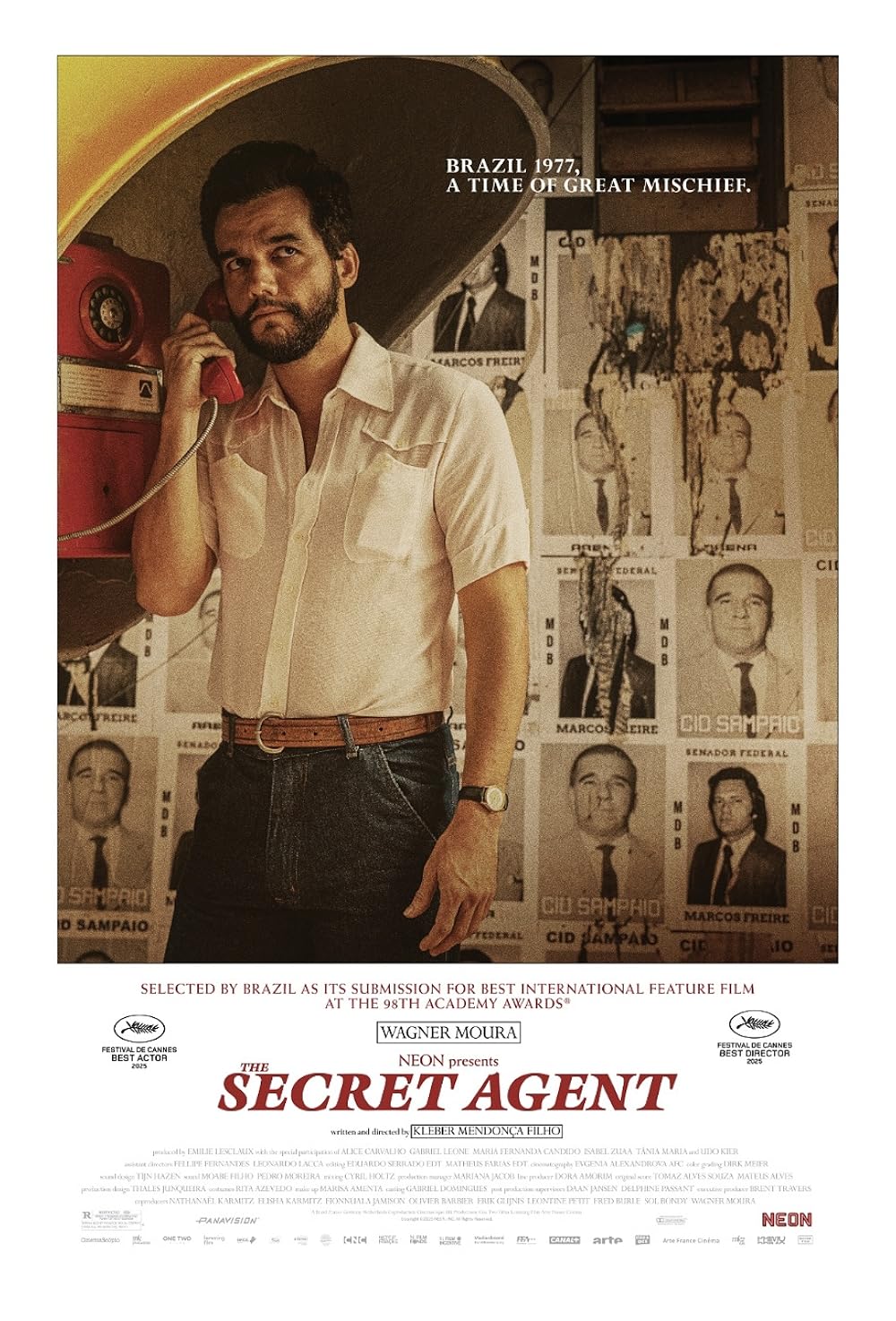 |
|
|
|
The Boy in the Striped Pajamas
(2008)
Directed by
Mark Herman
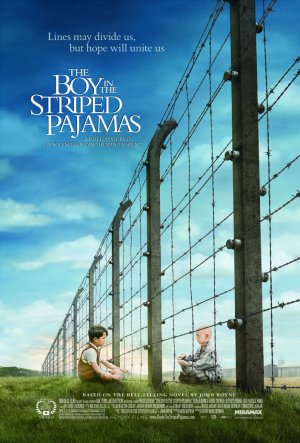
Review by
Todd Plucknett
The Holocaust has probably spawned as many films as
any event in history. Making a film on this event is highly difficult,
and if it is not handled with the utmost precision, it can easily result
in a failure.
The Boy in the
Striped Pajamas is the new film by British director Mark Herman,
which is based on the novel by John Boyne. It is an original and
emotional look at the tragedy from a different angle. Despite its flaws,
the film’s brilliant characters and authenticity make it an experience
worth having.
The film centers on the family of Nazi
concentration camp commander Ralf (David Thewlis). His wife Elsa (Vera
Farmiga) hates what he does, but she tries to distract herself and make
herself feel like she does not know exactly what goes on in there. Their
son Bruno (Asa Butterfield), the film’s main character, is a curious and
oblivious eight year old boy who is always looking for something to do,
due to the fact that they had to leave all their friends behind when
they moved into the mansion right across the field from the camp. Their
daughter Gretel (Amber Beattie) and their housekeeper (Cara Morgan) also
move with the family. Their new house if surrounded by soldiers, since
Ralf is held to the highest regard by the German military. Also, some of
the prisoners work in the house basically as servants. One of them is
Pavel (David Hayman), a former doctor who Bruno takes an instant liking
to.
None of this is the strength of the film. The real
appeal comes in how the film treats the Holocaust and the relationship
that Bruno eventually creates with a prisoner of equal age, Shmuel (Jack
Scanlon). Almost the entire movie is treated as if it were the
perspective of a child. There are references to an unbearable smell
(which is of course the crematorium), which Elsa does not let herself
believe is actually a crematorium. She just feels that something is
burning, most likely some sort of garbage. To Bruno, his father is a
great man who helps people. He is his role model and hero. He has no
idea that he is in charge one of the most horrible places ever
constructed. His perspective on his father should be challenged, but his
immaturity and misunderstanding of the situation prevents him from truly
seeing what is going on.
Bruno looks out his window, and he sees a fenced-in
gathering of people, which he decides is a farm. The strange people wear
striped pajamas, and the number on their clothes is part of a game. He
questions his family about these people, and they lead him to believe
that they are nothing more than that, trying to shield him from some
awful truths. One day, Bruno is curious, so he escapes the outer walls
of his home and travels through the woods, eventually leading him to the
camp, which is where he finds Shmuel hiding on the other side of the
barbed-wire fence. The two develop a completely authentic bond, meeting
several times on the outskirts of the camp. This is where the heart of
the film lies. All these events lead to a fantastic and devastating
conclusion.
The acting in this film is top notch. Butterfield
is fantastic in his breakthrough role. He has a great career ahead of
him. Scanlon steals the scenes that they share, however. The looks and
feelings of hopelessness and heartbreak that he emits take the film to a
new level. Farmiga is terrific as the mother. Thewlis is very strong as
the father. The rest of the supporting cast is fine, but these
performers are what make the film work.
The metaphor of the film is what makes it
significant. Bruno represents the German population, and Shmuel
represents the Jews. Bruno did not understand or did not want to
understand the Shmuel’s situation. Likewise, the Germans were ignorant
to the point that their unawareness led to the execution of the Jewish
population. These truths are completely and somewhat obviously
represented in the film. It provides the perspective that the
misunderstanding and irresponsibility of the Germans is what really
drove the Holocaust. The ignorance was to the point where the families
of the soldiers did not even know the full extent and severity of the
situation. This is where the though-provoking nature of the film lies.
There are a fair amount of flaws in the film,
though. The premise is preposterous. Bruno would have been spotted right
away where he was sitting. He was not shielded by anything, and someone
would have noticed Shmuel taking off every day at around the same time
doing nothing over in the corner of the camp. Some of the metaphors and
interpretations are far-fetched. Some of the final events are fairly
ridiculous as well. The tire swing that Bruno tells his mother that he
is going to swing on is right outside the window, which she walks by
frequently. She would have noticed before an hour or so that he is not
there anymore, given how protective she had been toward him in their new
dwelling. That is really what bothered me the most; there is no way that
Bruno could get away like that daily for a significant amount of time
with people guarding every exit and his family keeping an eye on him all
the time.
None of these problems could take away from the
extreme emotional wallop at the end of the film, though. Everything that
the audience knows and thinks they know about what is going to happen
completely contradicts those predictions and thumps the audience with a
shocking and devastating final scene that features a haunting score.
Leaving the theater, the audience will feel satisfied, not manipulated.
Those final scenes easily could have been forced, but they weren’t. They
were handled with a sincerity and carefulness that makes it feel
completely authentic.
The Boy in
the Striped Pajamas is an original and overall quite good take on
the Holocaust tragedy, and while it does not rank with some of the best
films on the subject, it is still a journey worth taking.
Rating:

|
|
New
Reviews |
Reactions to the Nominations

Written Article - Todd |
2026 Oscar Predictions: Final

Written Article - Todd |
Todd Most Anticipated #5

Podcast Featured Review |

Podcast Review - Todd |

Podcast Review - Terry |

Podcast Review - Zach |
10th Anniversary
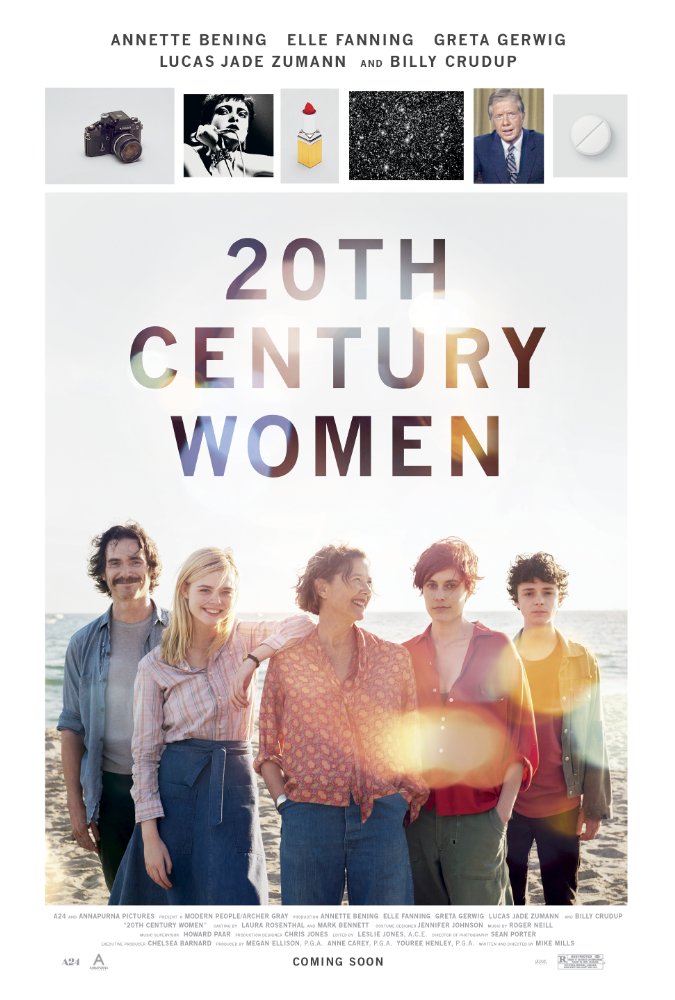
Podcast Oscar Review - Terry |
Director Blindspot Watch
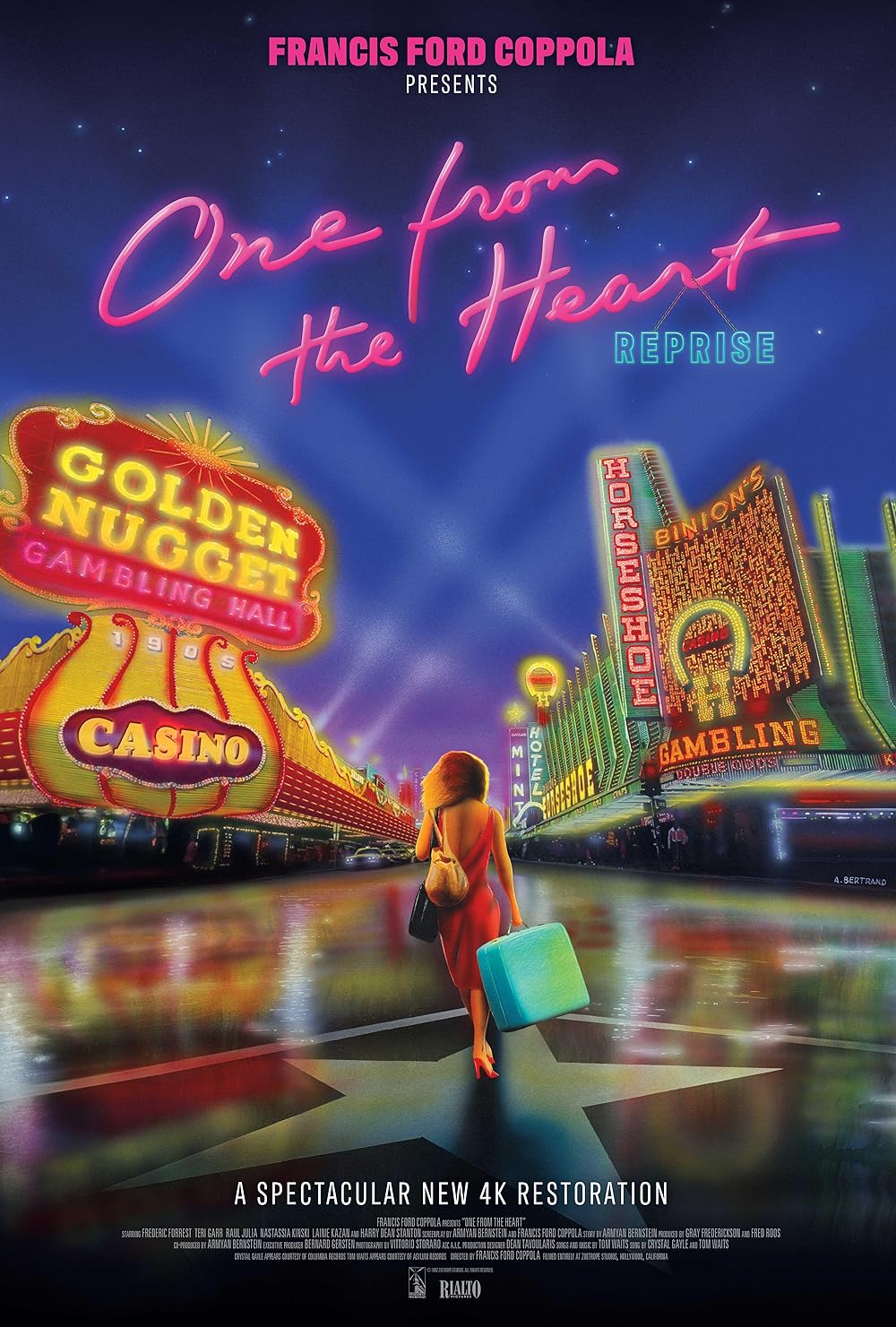
Podcast Review - Todd |
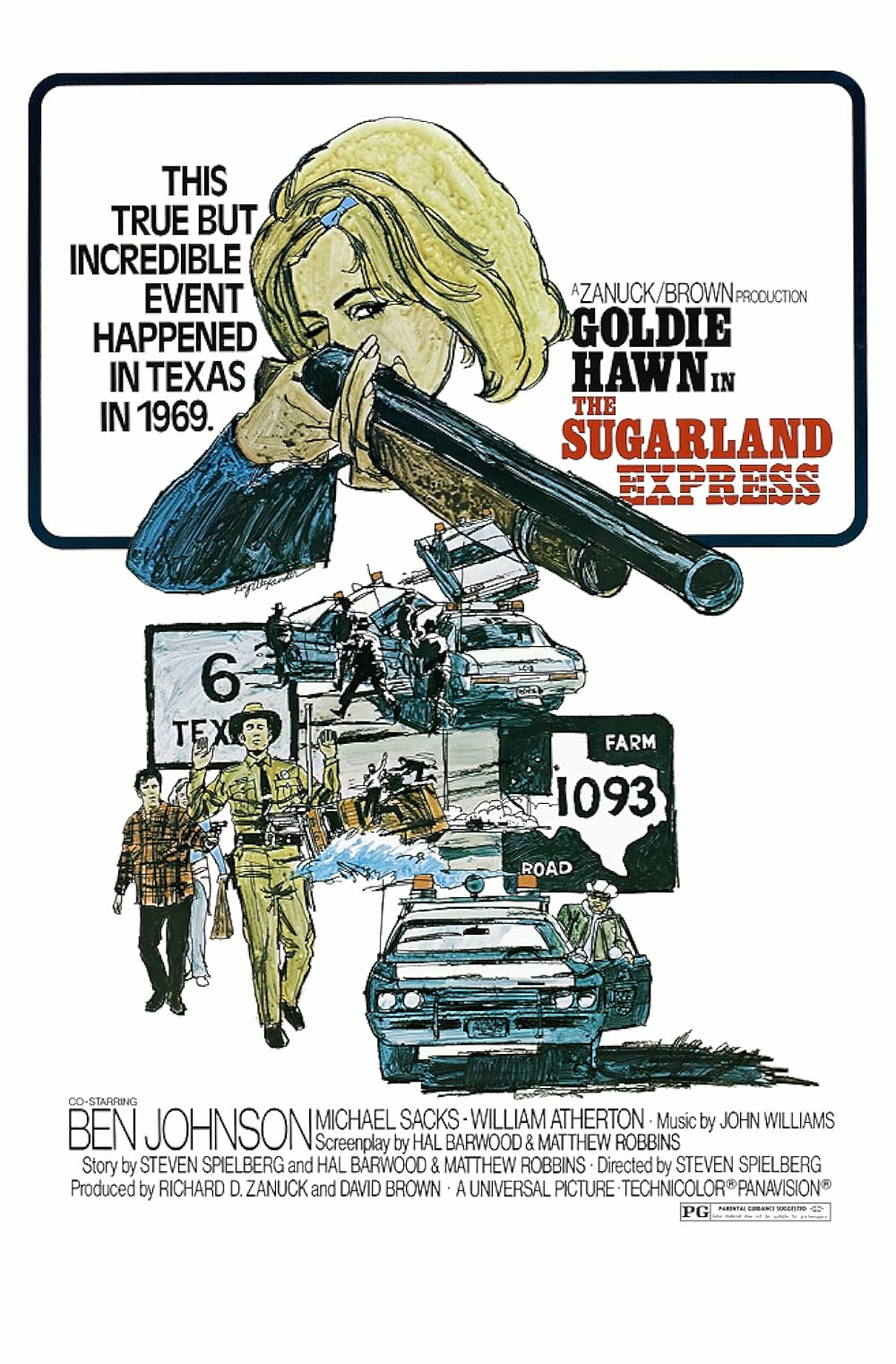
Podcast Review - Zach |
Ford Explorer Watch
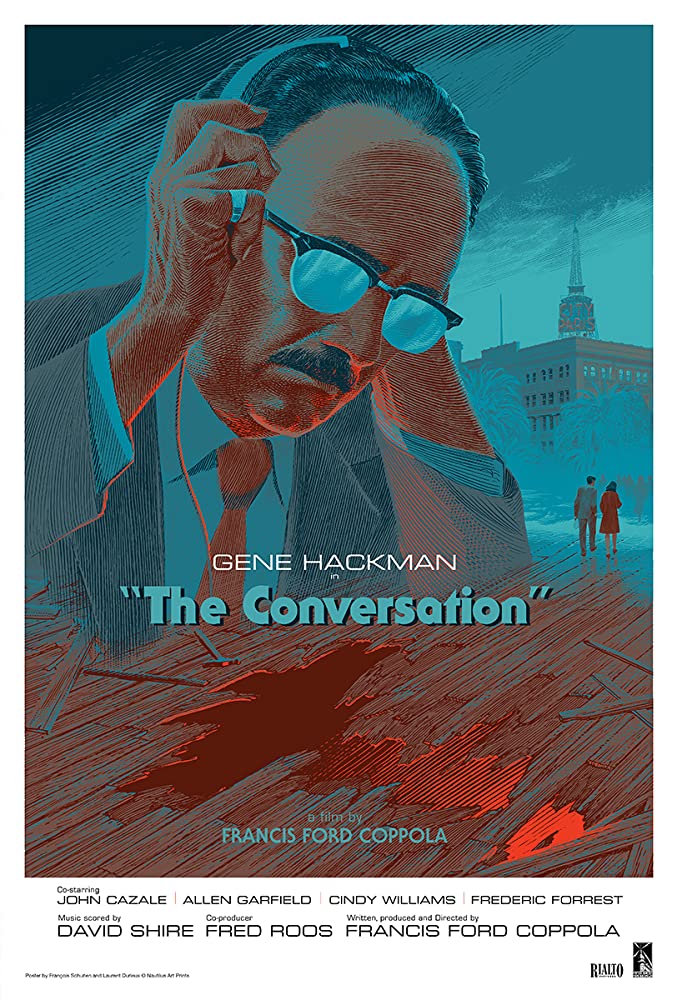
Podcast Review - Adam |
2027 Oscar Predictions: Jan.

Written Article - Todd |
Terry Most Anticipated #2

Podcast Featured Review |

Podcast Review - Terry |

Podcast Review - Zach |
20th Anniversary
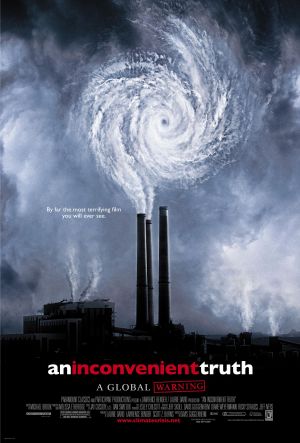
Podcast Oscar Review - Terry |
Ford Explorer Watch
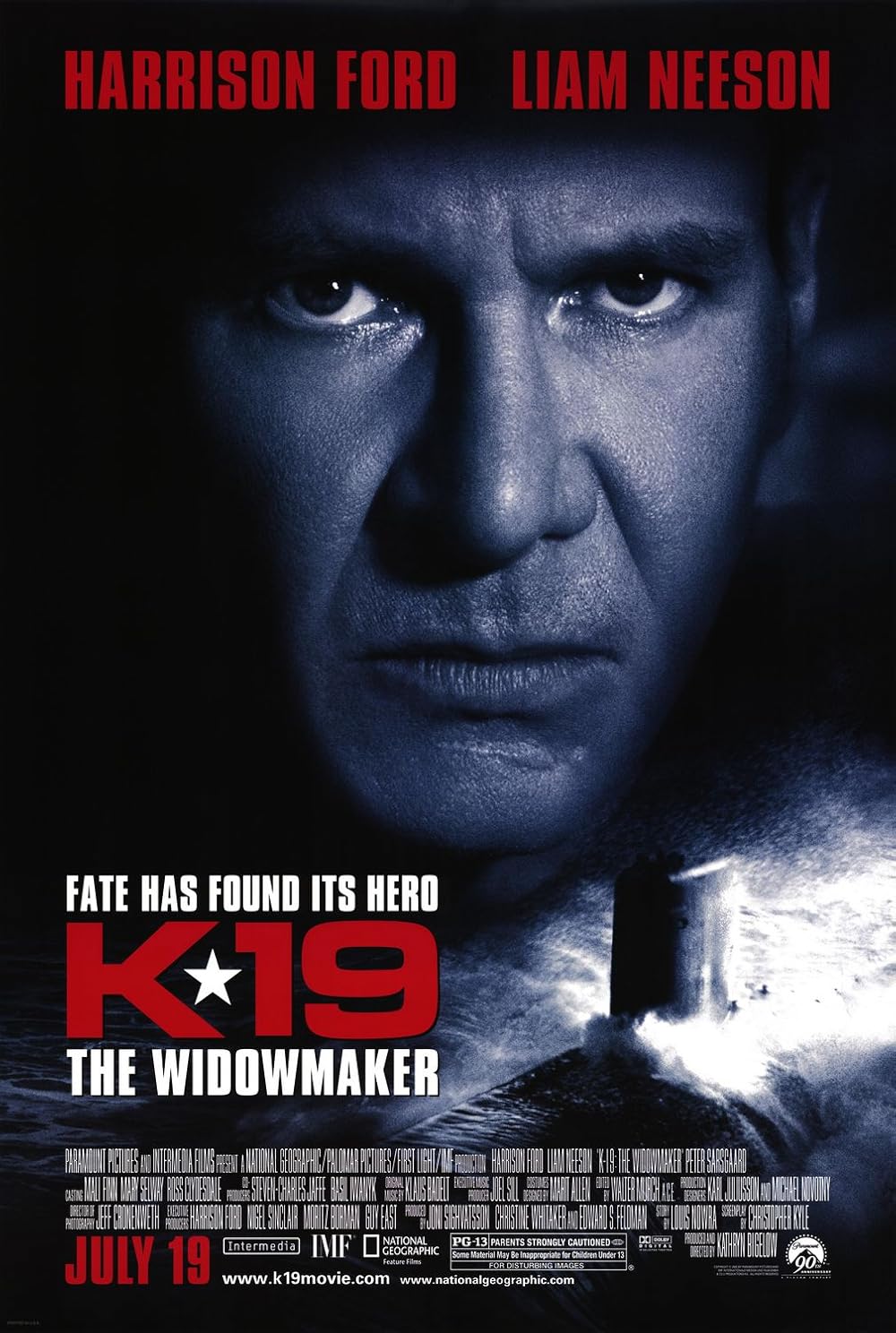
Podcast Review - Adam |
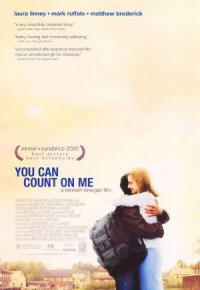
Podcast Trivia Review - Adam |
Director Blindspot Watch
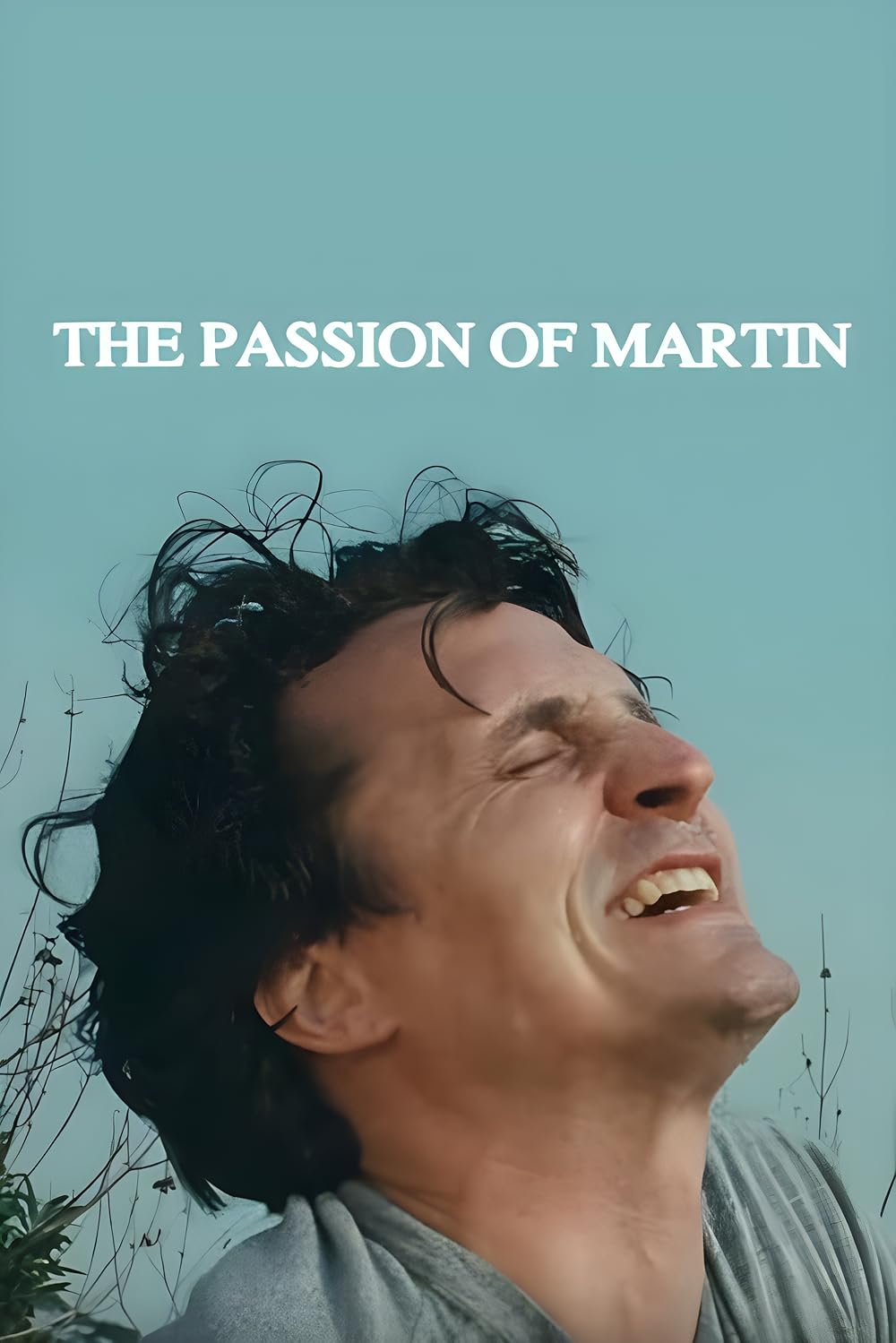
Podcast Review - Todd |
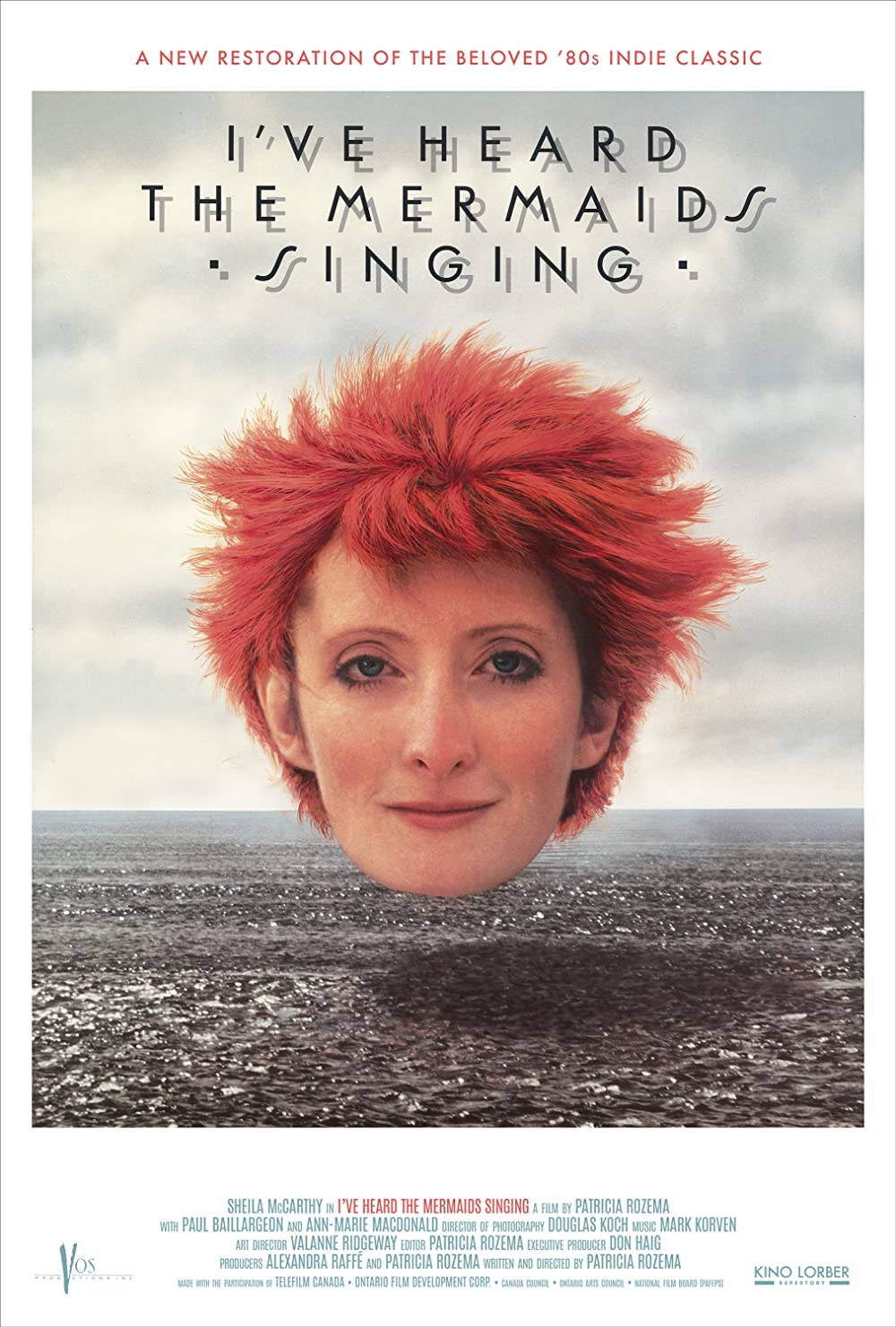
Podcast Trivia Review - Todd |
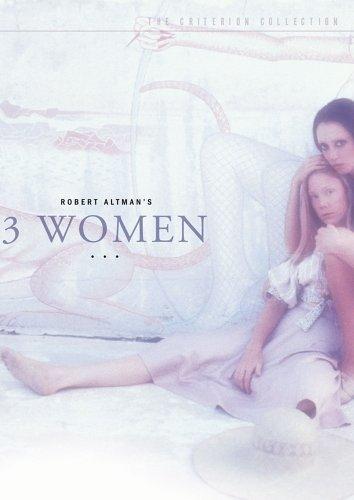
Podcast Trivia Review - Terry |
25th Anniversary

PODCAST DEEP DIVE |

Podcast Featured Review |

Podcast Review - Adam |

Podcast Review - Terry |

Podcast Review - Terry |
Indie Screener Watch
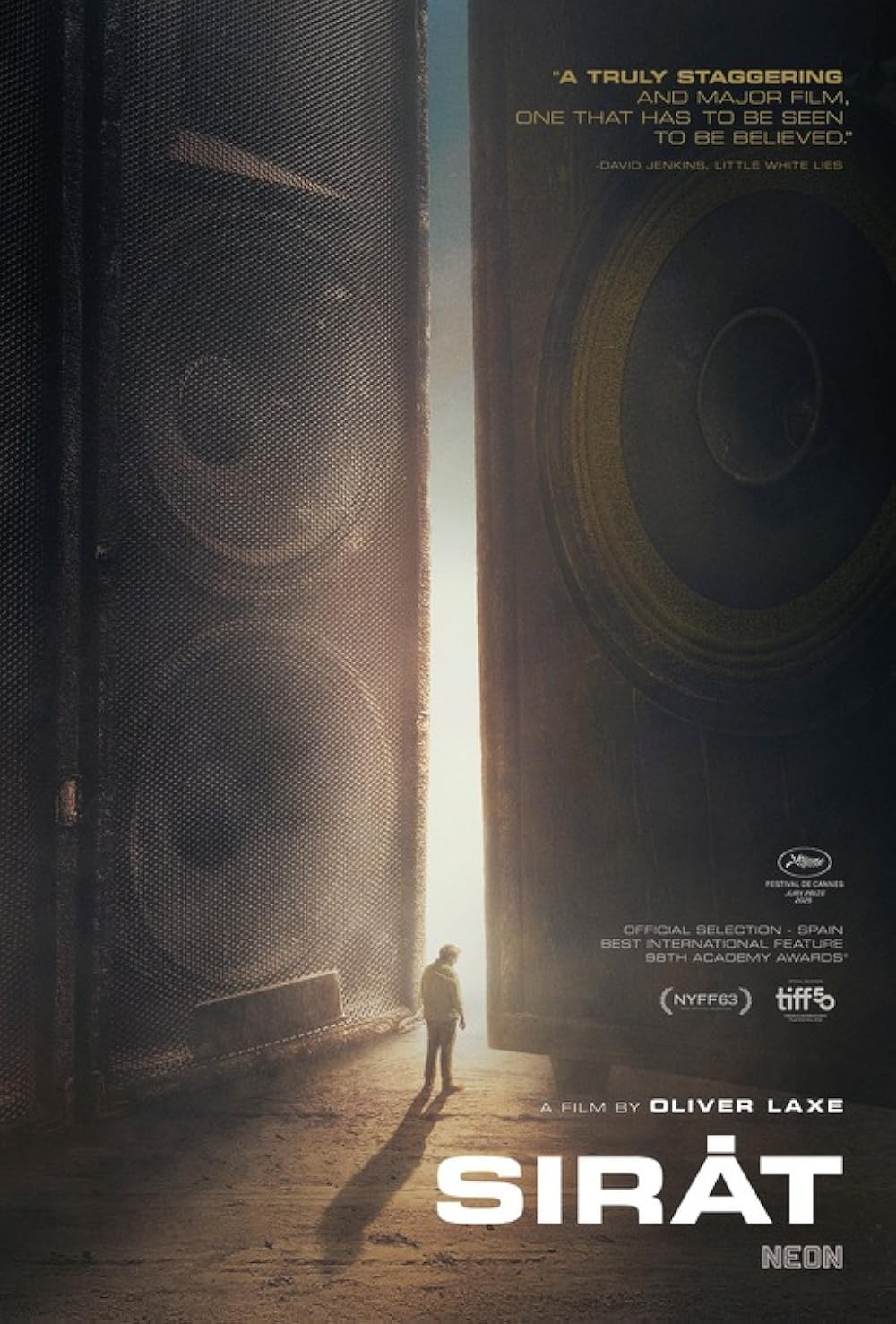
Podcast Review - Todd |
|
|
|